Sustainability Technology Companies
Capgemini: Changing the world with digital skills
How SAS is using data to reduce traffic emissions

Capgemini: Changing the world with digital skills
How SAS is using data to reduce traffic emissions
The King of the United Kingdom, King Charles III , has dedicated much of his life to advancing sustainable change – we explore how

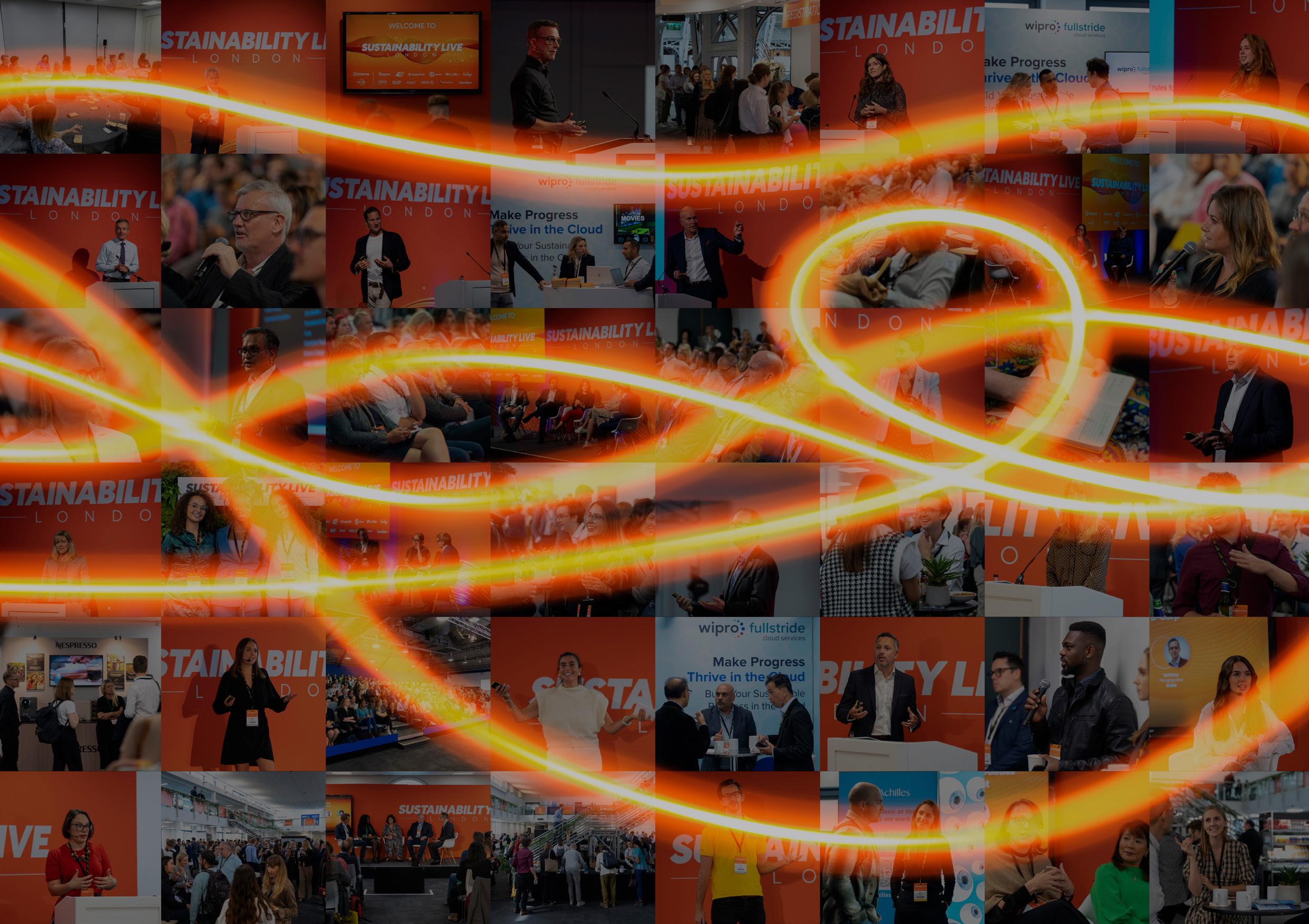
6 - 7 September 2023
Business Design Centre, London
SPONSORSHIPS GET YOUR PASS



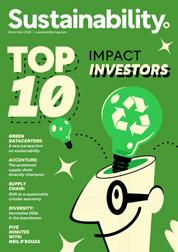
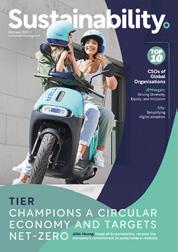

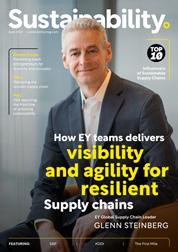






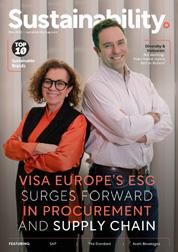



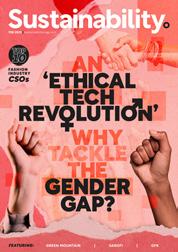


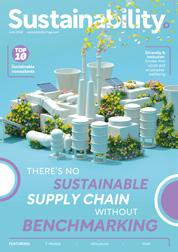





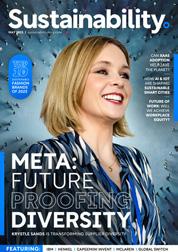


























Sustainability magazine is an established and trusted voice with an engaged and highly targeted audience of 58,000 global executives
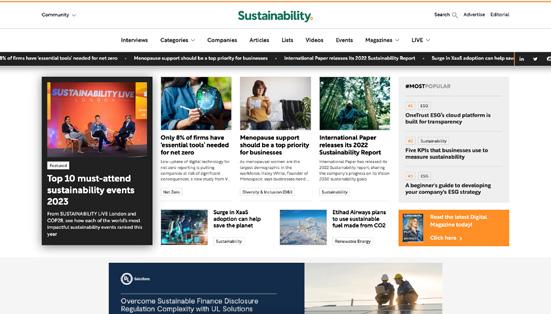






Digital Magazine
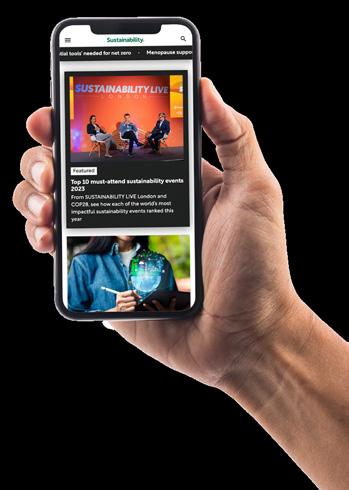

Website
Newsletters
Industry Data & Demand Generation
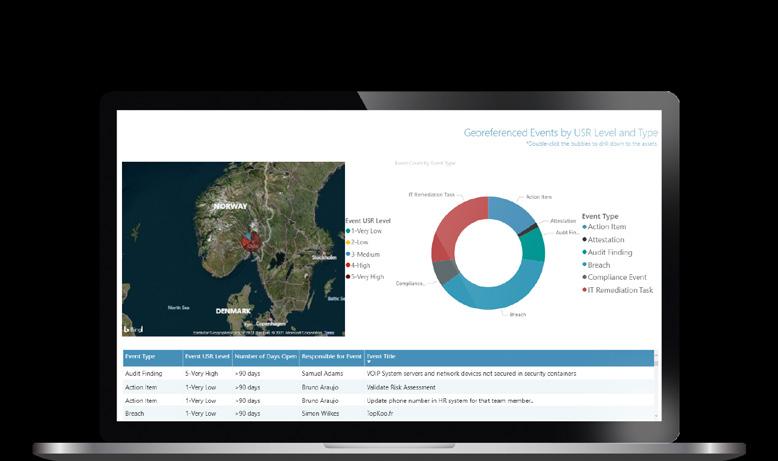
Webinars: Creation & Promotion
White Papers & Research Reports
Lists: Top 10s & Top 100s
Events: Virtual & In-Person

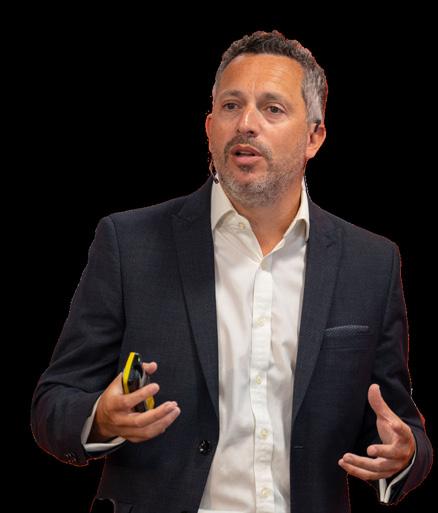
WORK WITH US

EDITOR-IN-CHIEF
LUCY BUCHHOLZ
CHIEF CONTENT OFFICER
SCOTT BIRCH
CHIEF DESIGN OFFICER
MATT JOHNSON
HEAD OF DESIGN ANDY WOOLLACOTT
LEAD DESIGNER
MIMI GUNN
COMMUNITY Never
JOIN

FEATURE DESIGNERS
MIMI GUNN
SOPHIE-ANN PINNELL
HECTOR PENROSE
SAM HUBBARD
REBEKAH BIRLESON
JULIA WAINWRIGHT
ADVERT DESIGNERS
JORDAN WOOD
CALLUM HOOD
DANILO CARDOSO
VIDEO PRODUCTION MANAGER
KIERAN WAITE
SENIOR VIDEOGRAPHER
HUDSON MELDRUM
DIGITAL VIDEO PRODUCERS
ERNEST DE NEVE
THOMAS EASTERFORD
DREW HARDMAN
SALLY MOUSTAFA
PRODUCTION DIRECTORS
GEORGIA ALLEN
DANIELA KIANICKOVÁ
PRODUCTION MANAGERS
JANE ARNETA
MARIA GONZALEZ
YEVHENIIA SUBBOTINA
MARKETING MANAGER
LAUREN HAYES
PROJECT DIRECTORS
JONATHAN MOORE

MEDIA SALES DIRECTOR
CHARLIE MCGILL
MANAGING DIRECTOR
LEWIS VAUGHAN
CEO
ON THE COVER: His Majesty King Charles III stands beside an ancient oak tree in Windsor Great Park to mark his appointment as Ranger of the Park, on November 11, 2022 in Windsor, United Kingdom.
IMAGE: Chris Jackson / Getty Images

By 2050, this is set to double. An increase in people correlates with an increase in emissions. And, as the global population is steadily growing, so are the harmful gases that catalyse climate change.
With Jason Mann, we explore how SAS is utilising data to enforce better traffic management, which, in turn, will reduce emissions. Having successfully deployed the model in Istanbul, Turkey, SAS is aiming to integrate this model across other countries, in order to improve air quality and mitigate the impact traffic has on global warming.
Likewise, this month’s cover celebrates a man who has dedicated much of his life to raising awareness of climaterelated issues: King Charles III. For several decades, the then-Prince used his platform to discuss ways to safeguard the environment before it reached the agendas of today’s companies.
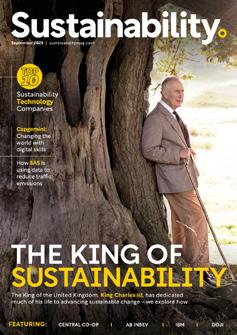

lucy.buchholz@bizclikmedia.com


LUCY BUCHHOLZ
“As the global population is steadily growing, so are the harmful gases that catalyse climate change”


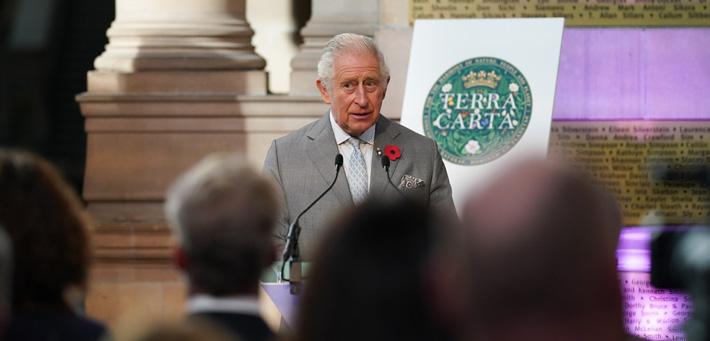

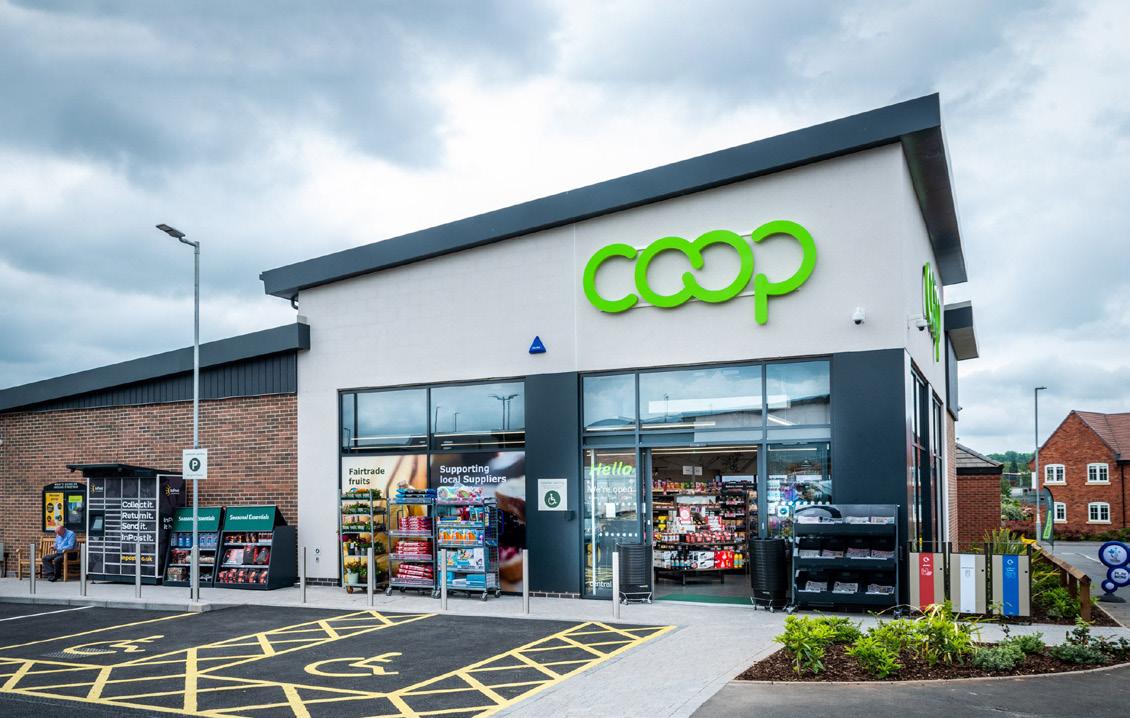


THE TOP 100 COMPANIES IN SUSTAINABILITY READ NOW










Doji offers innovative Green IT solutions that empower businesses and individuals to cut emissions and costs through a circular economy approach. Its unique marketplace, with operations in the UK and Brazil, connects enterprises and individuals, enabling them to secure certified refurbished devices and explore options like selling, upgrading, donating, or recycling existing tech, all with an eco-friendly
How serious is the electronic waste challenge?
E-waste, dubbed a ‘tsunami’ by the UN, is the world’s fastest-growing waste stream. In 2021, it hit 57.4 million tonnes, exceeding the Great Wall of China’s weight. Alarmingly, user devices, including smartphones and tablets, emit 1.5 to 2.0 times more carbon than data centres. These emissions are projected to increase by 12.8% annually, with around 75% arising from manufacturing, transportation and disposal. Doji tackles this by enabling longer tech device lifecycles.
to discuss the challenges of e-waste and how the business is driving sustainable
How does Doji aid organisations in lowering their carbon footprint and reaping benefits?
A rapid and effective way to slash IT Carbon emissions is through a Green IT strategy for tech procurement, where Doji excels.
Doji offers top-quality certified refurbished business devices, negating the need for


new ones that generate 70-80% more CO2, primarily in manufacturing. Refurbished IT offsets ‘CO2 costs’ during production over extended use, reducing waste and enhancing environmental balance.
Companies can also recycle old tech through Doji – selling, trading in, recycling or donating through Doji’s charity partners. Doji also provides carbon accounting, offset projects and tools for sustainable workplace consumption through its partners.
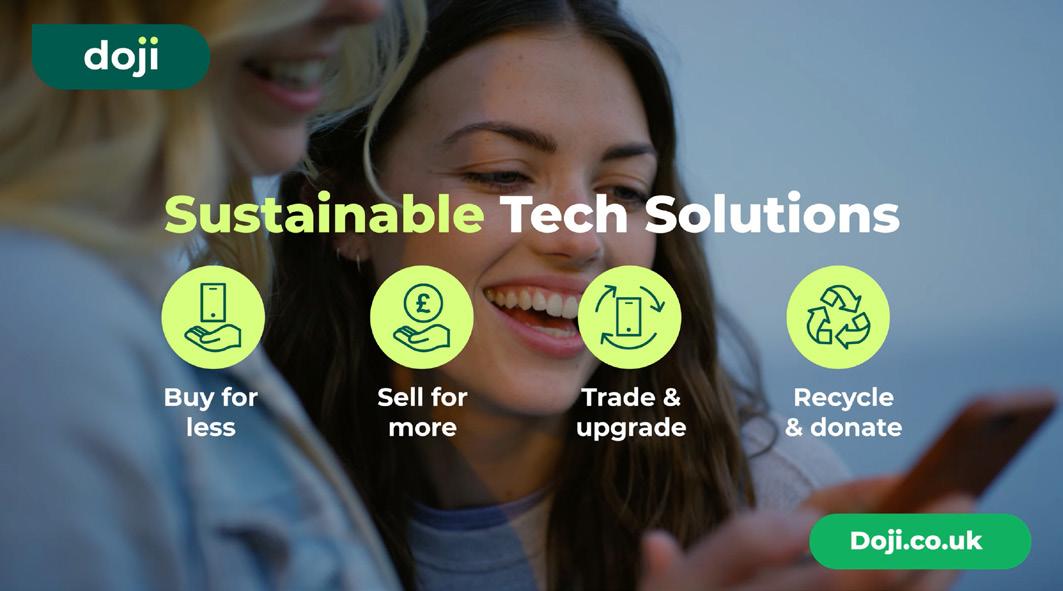
The Green IT strategy enhances an organisation’s positive impact and reputation, furnishes budgetfriendly top-notch hardware and yields significant savings.
IT decision-makers consider when exploring refurbished IT ?
IT leaders should focus on certified data deletion, strong customer service, transparent practices and supplier
commitment to sustainability when opting for refurbished IT. At Doji, sustainability is our driving force for business success, championing a profound shift toward a more environmentally conscious future.
Originating from Japanese candlestick charting, my co-founders and I, who met while studying at the University of Oxford, chose Doji as it symbolises price equilibrium between buyers and sellers, reflecting our commitment to fairness for all parties.
“Exploring a Green IT strategy isn’t solely about cost and carbon reduction – it’s a pledge to stakeholders”
BrewDog generated major interest in the beer industry, in particular, craft beer brewing and championing sustainability in the process. However, the beer industry in general has seen an overhaul with more and more of their finest products making it to new and underserved markets.
Globally, more than 180 million kilolitres are consumed per year, which leaves a trail of emissions, materials, and waste.
But, it’s about more than just the climate, but understanding the needs of brewers across borders and ensuring that quality can be retained without compromising local businesses and communities. So, next time you buy the beers for the office party, think about where they’ve come from, who they’ve touched, and the lives they’ve changed.

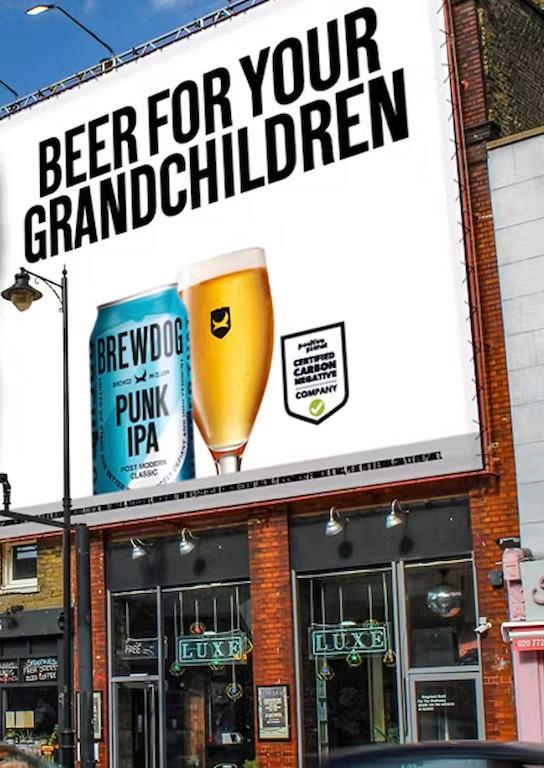
STELLA FAU CLARKE, CHIEF STRATEGY OFFICER AT FENERGO, DISCUSSES HOW FINANCIAL INSTITUTIONS CAN BETTER ALIGN THEMSELVES TO MEET CLIMATE GOALS
Q . IN YOUR OPINION, HOW CAN FIRMS BETTER ALIGN THEMSELVES TO MEET CLIMATE GOALS?
» Financial institutions (FIs) play a pivotal role in driving sustainable development and helping society transition to a low-carbon economy.
To better align themselves with climate goals, these institutions
should embrace a multifaceted approach, focusing on three key areas: risk management, investment strategies, and collaborative action. Firstly, FIs must enhance their risk management frameworks to incorporate climate-related risks and opportunities. This entails conducting rigorous assessments of their portfolios to identify
and address climaterelated exposures, ensuring transparent reporting, and integrating climate considerations into their decisionmaking processes.
By understanding and proactively managing climate risks, these institutions can safeguard their own financial stability while contributing to a more sustainable future.
Secondly, adopting sustainable investment strategies is crucial. FIs should allocate capital to support environmentally responsible initiatives and renewable energy projects. By providing financing and capital to climate-friendly enterprises, they can help accelerate the transition to a greener economy. Implementing robust environmental, social,
and governance (ESG) criteria in investment decisions will further align portfolios with climate goals. Finally, collaborative action is paramount. FIs should collaborate with governments, international organisations, and other stakeholders to drive collective efforts towards achieving climate objectives.

This collaboration can involve sharing best practices, developing innovative financial instruments, and advocating for supportive policy frameworks that incentivise sustainable practices. By working together, financial services institutions can amplify their impact and contribute to the systemic changes needed to tackle climate change effectively.

» Recent statistics from a Fenergo poll of global FIs highlights that just 10% of executives would consider their firm to be fullyprepared to meet ESG obligations. 40% are either ‘poorly prepared’ or entirely unprepared. This reveals the genuine concerns that firms have regarding their ability to deliver on ESG commitments for their stakeholders.
As sustainability and responsible investing gain prominence, FIs are grappling with the need to translate ESG rhetoric into actionable strategies that yield meaningful results. The pressure to align with evolving regulatory requirements, while satisfying the expectations of customers, investors and stakeholders weighs heavily on institutions.

“BY ADOPTING AUTOMATED RISK ASSESSMENT MECHANISMS, FIS CAN SWIFTLY IDENTIFY AND ANALYSE POTENTIAL ESG VULNERABILITIES ACROSS THEIR SUPPLY CHAINS”
STELLA FAU CLARKE CHIEF STRATEGY OFFICER, FENERGO
As a leading expert in banking technology, operations and enterprise financial software, Stella Fau Clarke is the Chief Strategy and Marketing Officer at Fenergo. Through this role, Fau is responsible for driving the firm’s strategic direction, delivering on its vision to continue supporting FIs with the best, most relevant technology solutions to address and automate the management of their KYC, AML, ESG compliance throughout their customer lifecycle.


Q. HOW CAN FIS FULFIL ESG OBLIGATIONS IN AN OVERWHELMING REGULATORY ENVIRONMENT?
» Technology is pivotal in helping FIs make sense of ESG compliance and make processes as simple as possible. Don’t silo. Reuse data from across your network. There are lots of external ESG tools to benchmark against,

which helps with due diligence, and build ESG into your operating model all the way through the customer lifecycle — from onboarding to review. Key considerations are as follows:
• Synergies between AML/KYC data and processes mean FIs can easily absorb ESG into existing Client
Lifecycle Management (CLM) Frameworks
• As a starting point, much data can be reused from KYC to jumpstart ESG, including Nature of Business, Industry Codes and even the Board of Directors
• Leverage major ESG data providers to enrich client and supply chain profiles as much as possible through
• It is crucial to ensure ESG and KYC/financial crime are not siloed. Leverage people, data and resources to create integrated reporting structures that centralise the entity in the process, whether we’re looking at them from an ESG or KYC lens

• Use proprietary rating methodologies to
automatically rate and classify the client, escalating to specialist “ESG- Regulatory Officer” type roles for exceptional cases
• The automation and repurposing of data, coupled with the leveraging of CLM operating models, deliver significant operational efficiencies and cost savings
» Automation brings the ability to respond to changing policy quickly, avoids breaching regulations and streamlines the whole compliance processes, while minimising the need for human intervention. Technology allows FIs to streamline data capture for their clients and visualise supply chain hierarchies before applying ESG ratings.
By adopting automated risk assessment mechanisms, FIs can swiftly identify and analyse potential ESG vulnerabilities across their supply chains. This proactive approach enables effective risk mitigation, ensuring longterm sustainability and resilience. Additionally, automating these calculations enhances transparency, boosts stakeholder confidence and helps institutions navigate the evolving ESG landscape, thereby maintaining their competitive edge and contributing to a more sustainable future.
HRH Prince Charles, Prince of Wales poses for an official portrait to mark the 50th anniversary of his Investiture taken at their Welsh residence Llwynywormwood on July 2, 2019 in Myddfai, Wales, United Kingdom
IMAGE: CHRIS JACKSON/GETTY IMAGES

His Majesty King Charles III has dedicated much of his life’s work to champion the fight against climate change and biodiversity loss, emerging as an influential figure for not only those in the UK, but across the globe, too.
Becoming a ‘green activist’ and creating the COPs His love for the environment sparked at the young age of 20 – in 1968. The thenyoung prince shared his first speech on the
environment, seven years before geoscientist Wallace Broecker coined the phrase ‘global warming’.
Yet, His Majesty continued to share his concerns about the environment and two years later, when he was 22, he chaired a meeting of The Countryside at the Committee for Wales, at Bangor University, Wales. Through this meeting, His Majesty introduced the Countryside Award Scheme, which later became known as The Prince of Wales Countryside Award. While
announcing the award, he said: “The idea is that it will be presented to both voluntary and statutory organisations which have promoted projects that are a distinctive contribution towards improving the general quality and beauty of the environment in Wales.”
This passion continued into the 70s and 80s when he called for a balanced approach to living while pioneering many sustainable ventures, such as advocating organic farming and becoming a patron of The Campaign for Wool.
Over two decades later, in 1992 when the world was finally ready for His Majesty’s ideas, he hosted a conference on the Royal Yacht Britannia, in the Amazon River delta. This
The King of England, King Charles III, has dedicated much of his life to advocating sustainable change and fighting against global warming – we explore how
vital event pathed the way for the 1992 Rio Earth Summit, which later became the birthplace of the “conference of the parties”, better known as the COPs.
Since, His Majesty has become a regular attendee of the COP events, still trying to warn the rest of the world of the damaging effects of climate change. In fact, during the United Nations sustainability conference Rio+20, based in Brazil, His Majesty warned: “Like a sleepwalker, we seem unable to wake up to the fact that so many of the catastrophic consequences
of carrying on with businessas-usual are bearing down on us faster than we think, already dragging many millions more people into poverty and dangerously weakening global food, water and energy security for the future.”
In 2020, when His Majesty was the Prince of Wales, he attended the World Economic Forum’s Annual Meeting in Davos to launch The Sustainable Markets Initiative.
Now, The Sustainable Markets Initiative is the ‘go-to’ global private sector organisation on sustainable transition, which works t o unite top organisations from industries, financial services, and governments to accelerate achieving a sustainable and prosperous future.
The Terra Carta, the guiding mission of the Sustainable Markets Initiative, is dedicated to accelerating the achievement of global climate, biodiversity and Sustainable Development Goal targets. Launched

Prince Charles, Prince of Wales, delivers a speech during the opening ceremony of the UN Climate Change Conference COP26 at SECC on November 1, 2021 in Glasgow, United Kingdom.
IMAGE: YVES HERMAN - WPA POOL/GETTY IMAGES

Prince Charles, Prince of Wales addresses the CEOs of global companies awarded the Terra Carta Seal on November 03, 2021 in Glasgow, Scotland.
IMAGE: IAN FORSYTH/GETTY IMAGES
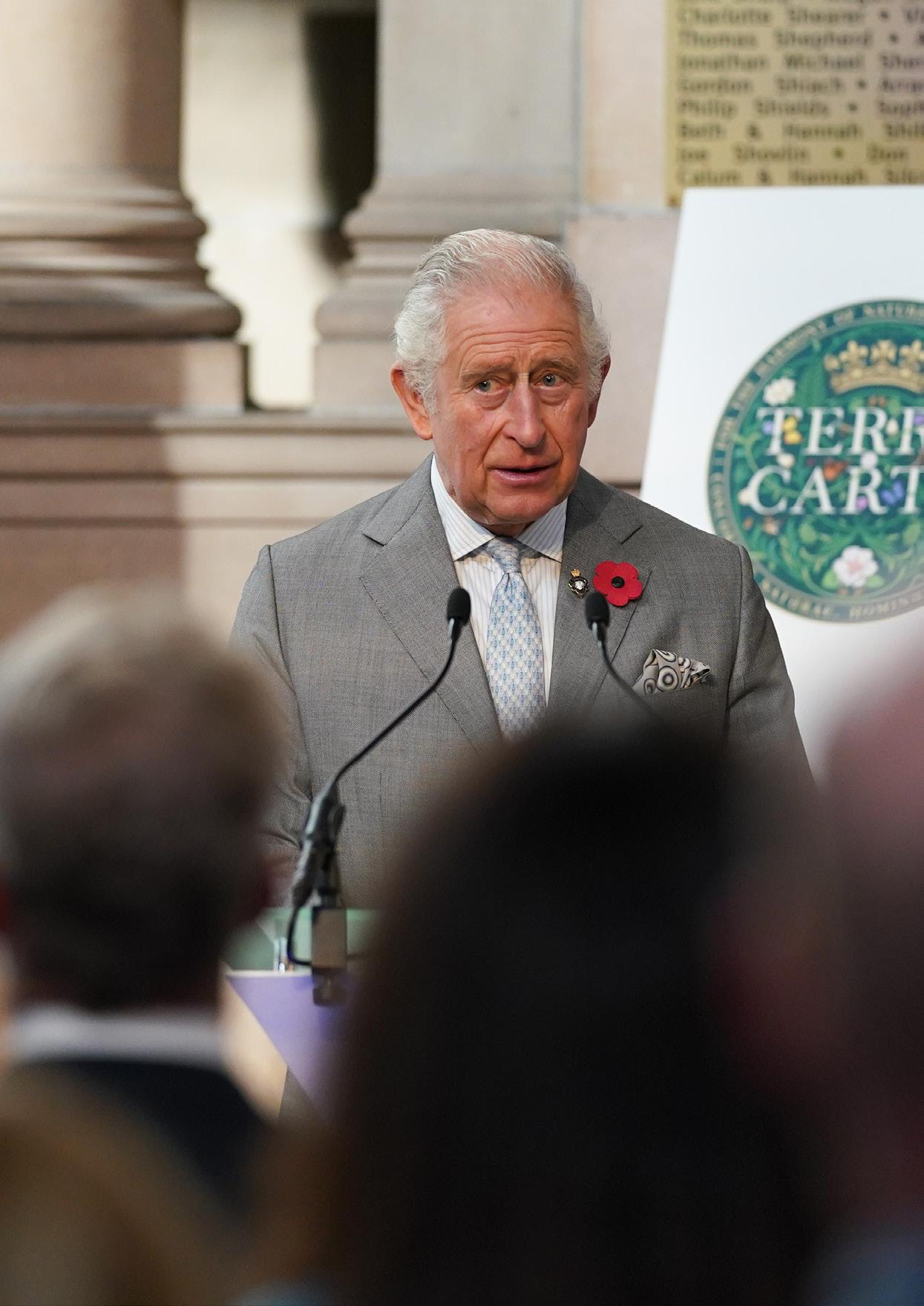
in 2021 at the One Planet Summit, The Terra Carta puts nature, planet and people at the centre of global value creation, to achieve ambitious goals by 2030.
“I remember years ago, in the ’60s, when I was a teenager, minding so much about all the things that were going on, the destruction of everything. The uprooting of trees and hedgerows and draining of wet places… this sort of white heat of progress and technology, to the exclusion of nature… this complete determination, somehow, to defeat nature.”
“The ‘Terra Carta’ offers the basis of a recovery plan
that puts Nature, People and Planet at the heart of global value creation – one that will harness the precious, irreplaceable power of Nature combined with the transformative innovation and resources of the private sector,” His Majesty said.
Since its inception, over 500 CEOs, countries, cities and organisations have pledged support for the Terra Carta and 66 global companies have been awarded Terra Carta Seal – an achievement that recognises global companies actively leading the charge to create a climate and naturepositive future.

“The ‘Terra Carta’ offers the basis of a recovery plan that puts Nature, People and Planet at the heart of global value creation – one that will harness the precious, irreplaceable power of Nature combined with the transformative innovation and resources of the private sector”






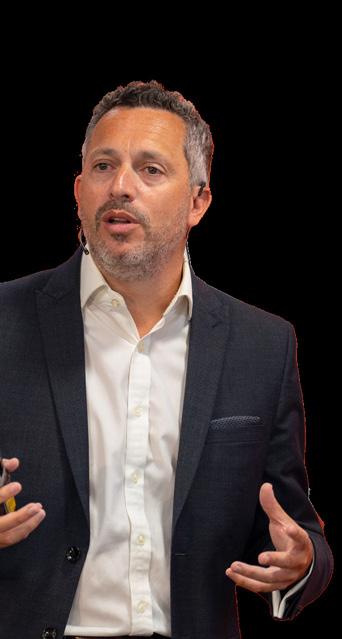
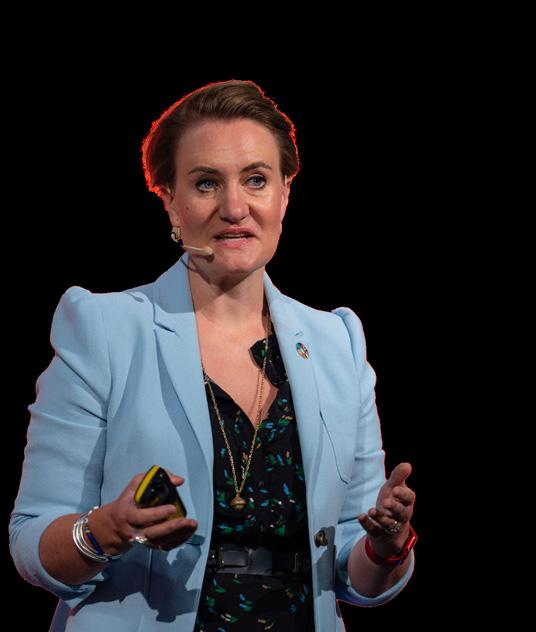
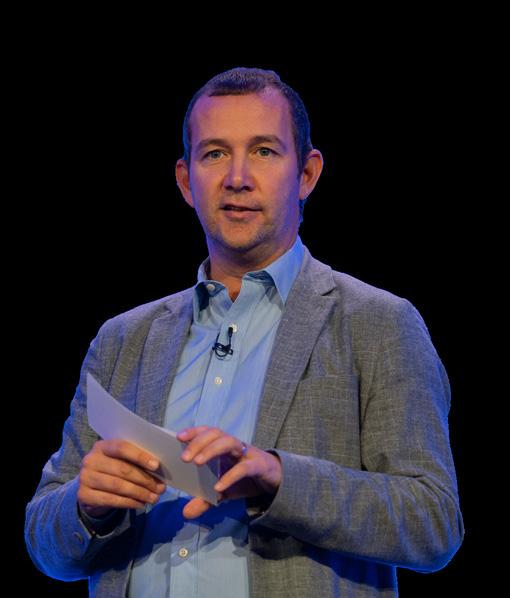

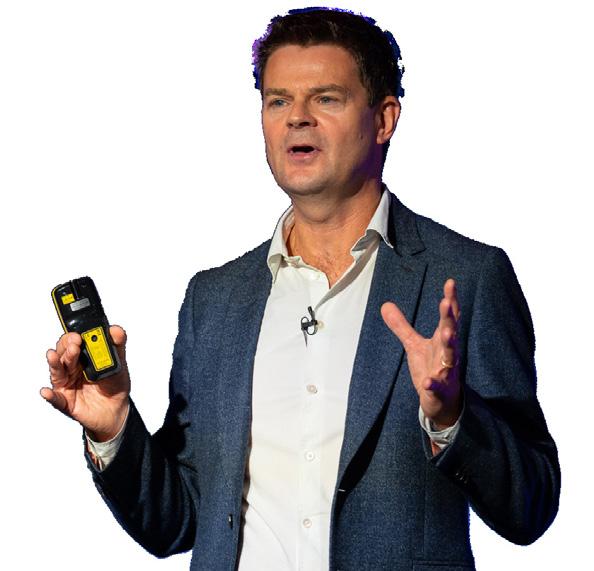











Discover where businesses such as Meta, Siemens and IBM rank on Sustainability Magazine’s Top 10 sustainability technology companies from across the globe
 WRITTEN BY: LUCY BUCHHOLZ
WRITTEN BY: LUCY BUCHHOLZ
Technology and sustainability go hand-in-hand. Together, they form a powerful alliance that drives positive change, playing a crucial role in addressing environmental challenges and advancing sustainability goals.
By utilising technology, businesses can create more sustainable and resilient futures, both for the companies and the communities around them. That’s why, we’ve rounded up the top 10 technology companies from across the globe that have prioritised their sustainability progress, to promote economic growth, social advancement and environmental progression.

Since its founding in 1993, NVIDIA has been a pioneer in accelerated computing. The company’s invention of the GPU in 1999 sparked the growth of the PC gaming market, redefined computer graphics, ignited the era of modern AI and is fueling the creation of the metaverse. NVIDIA is now a full-stack computing company with data-centre-scale offerings that are reshaping the industry.

What’s more, NVIDIA plans to purchase or generate enough renewable energy to match 100% of its global electricity usage.


CEO: Satish Dhanasekaran
Headquartered in California, United States, Keysight’s Corporate empowers innovators to explore, design, and bring world-changing technologies to life.
The business boasts a global community of more than 14,000 engineers, scientists, technologists and business experts who challenge the status quo every day to enable groundbreaking technologies. What’s more, the business envision building a better planet by accelerating innovation to connect the world and employ a global business framework of ethical, environmentally sustainable and socially responsible operations.

Intel Launches 2030
Strategy & Goals: Era of Shared Corporate Responsibility
CEO: Mark Zuckerberg
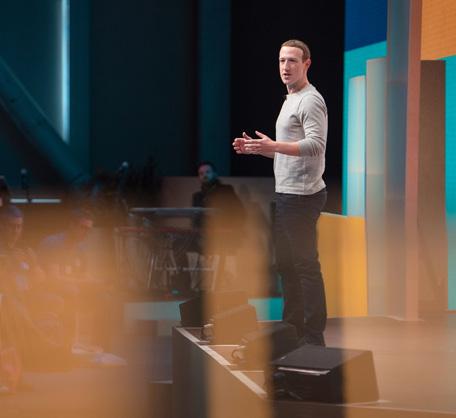
Previously known as Facebook, Meta builds technologies that help people connect, grow businesses and find communities. Meta actively collaborates with stakeholders to promote inclusive solutions that contribute to the creation of a healthier planet, while envisioning an equitable transition towards a zero-carbon economy.


The company also focuses on fostering partnerships and scaling up initiatives, while striving to drive meaningful change and create a sustainable future that benefits all.
CEO: Patrick P. Gelsinger
Specialising in data centre solutions, IoT, and PC innovation, Intel has made a firm commitment to achieve net zero greenhouse gas emissions across its global operations by 2040. Additionally, the company is actively working towards utilising 100% renewable energy and eliminating waste to landfill. Intel recognises the importance of sustainability and is investing in research and development initiatives aimed at developing cutting-edge technologies that promote resource conservation and contribute to a more responsible, inclusive, and sustainable planet.

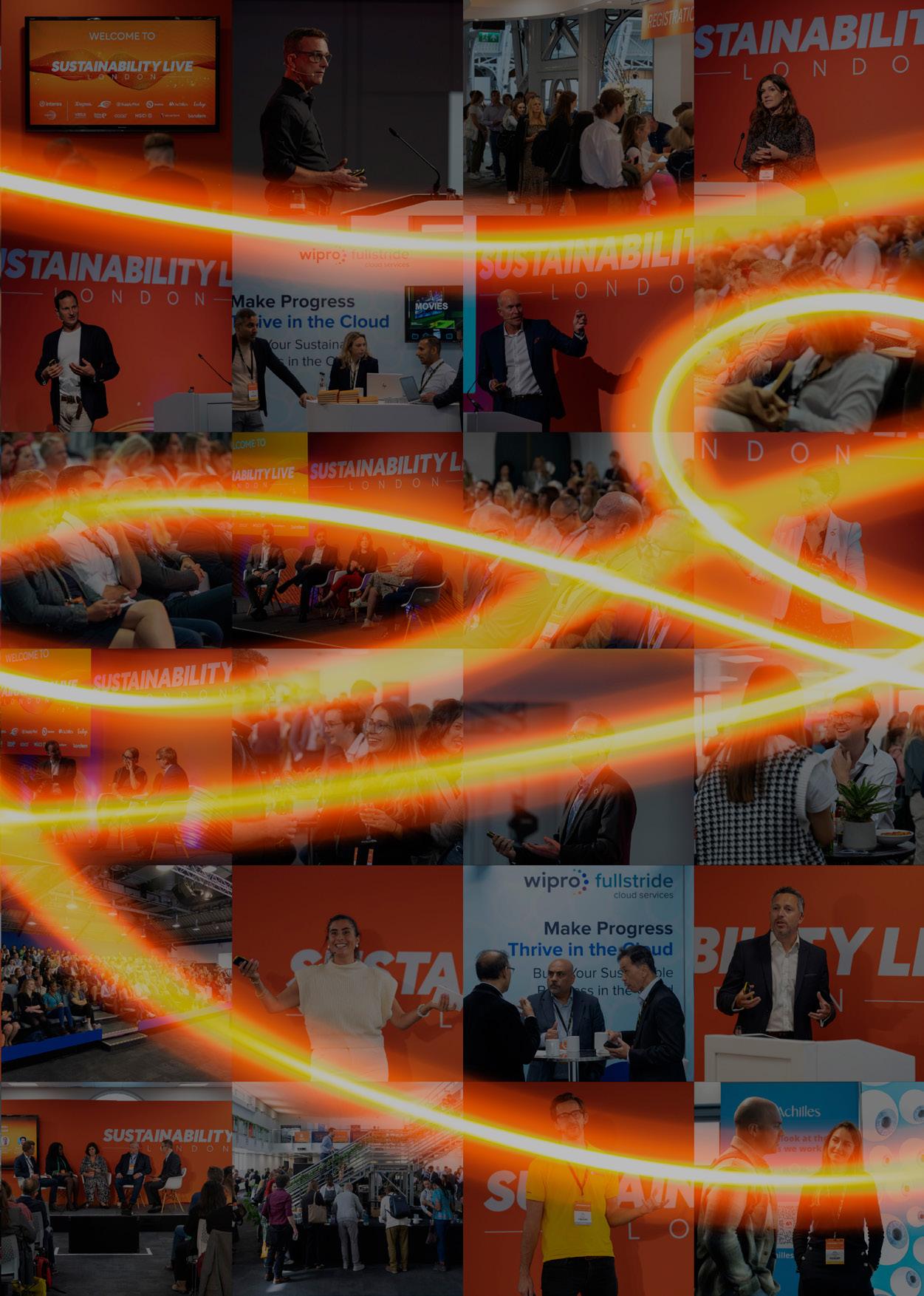
6 - 7 September 2023
Business Design Centre, London
SPONSORSHIPS GET YOUR PASS
Cisco

CEO: Chuck Robbins
With more than 71,000 employees worldwide, digital technology conglomerate Cisco enables people to make powerful connections – whether in business, education, philanthropy or creativity. The business has set a goal to become net zero by 2040 across its value chain by increasing energy efficiency, embracing hybrid work and accelerating the use of renewable energy. Additionally, Cisco makes investments in sustainabilityfocused research and development to create new technologies that can help reduce waste and conserve resources.

IBM

CEO: Arvind Krishna
With the aim of achieving net-zero greenhouse gas emissions by 2030, IBM is actively engaged in reworking its strategies to preserve natural resources, mitigate pollution and reduce climate-related risks. The firm is making investments in sustainability research and development, focusing on the creation of innovative technologies to minimise waste and promote resource conservation. By 2025, IBM aims to divert 90% of non-hazardous waste away from landfills through its dedicated plans. These initiatives demonstrate IBM’s commitment to addressing environmental challenges and promoting a more sustainable future.
Founded by Jeff Bezos in late 1994, Amazon is now one of the world’s most prominent businesses, which has set clear sustainability goals. Guided by four principles: Customer obsession rather than competitor focus; passion for invention; commitment to operational excellence; and longterm thinking, Amazon embraces new ways of thinking to ensure the business is always one step ahead of competitors. Amazon prides itself on having the scope and capabilities of a large company, with the spirit and heart of a small one.
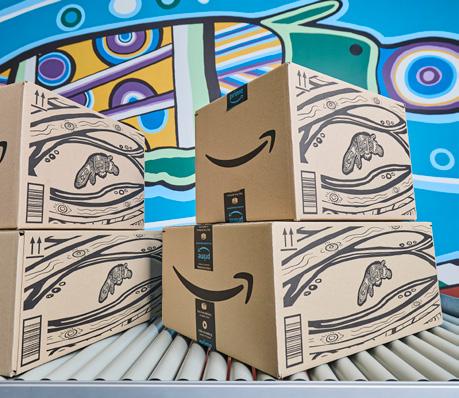


Apple
CEO: Tim Cook
Headquartered in Cupertino, California, Apple has integrated sustainability into its business model, implementing numerous measures to minimise its environmental impact. The business has focused on decreasing its carbon footprint, embracing renewable energy sources and incorporating more recycled materials into its product lineup. Apple also achieved carbon neutrality for its global corporate operations in 2020, and by 2030 Apple aims to attain a net-zero carbon footprint throughout its entire business. Furthermore, Apple has made substantial progress in reducing single-use plastics in its packaging, achieving a remarkable 75% reduction since 2015.

CEO: Satya Nadella

Microsoft, one of the world’s largest technology companies, is on a mission to empower every person and every organisation. The business believes technology can and should be a force for good and that meaningful innovation contributes to a brighter world in the future and today.
The business also has clear sustainability goals. For example, by 2030, Microsoft has pledged to be carbon negative, and by 2050, it will remove all of its historical emissions since the business was founded in 1975. What’s more, by 2030, Microsoft will replenish more water than it uses and there will be zero waste across its direct waste footprint. Microsoft operates in 190 countries and is made up of more than 220,000 passionate employees worldwide.



















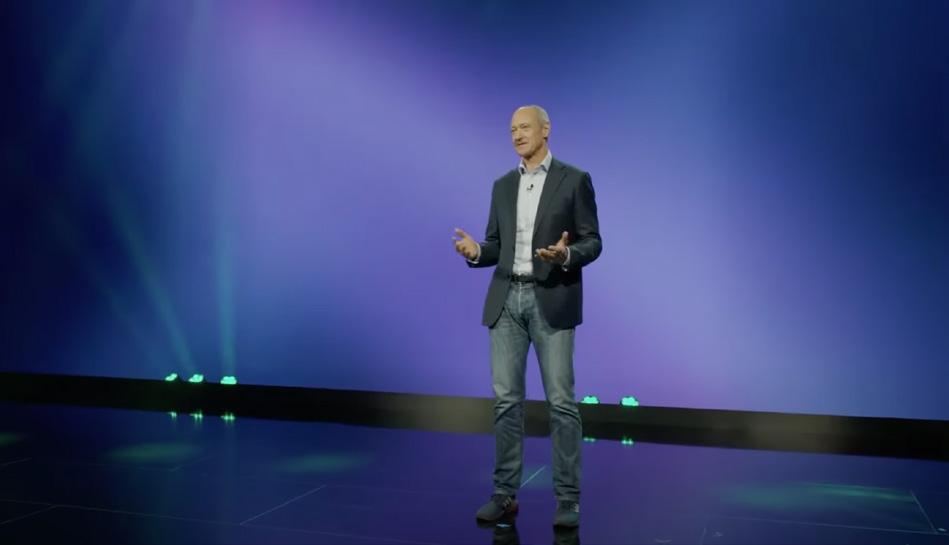
By combining the real and the digital worlds, Siemens has become a technology giant that transforms industries and markets, while focusing on industry, infrastructure, transport and healthcare.
Siemens has emerged as a sustainability leader, by taking its ESG commitment to the next level with the DEGREE framework, which constitutes a 360-degree approach for all stakeholders, spanning customers, suppliers, investors, people and society.
In addressing the three aspects of ESG, Siemens is dedicated to building

a better future that helps the business stay within planetary boundaries, foster a culture of trust, empowerment and growth, supports inclusive economic opportunities, and ensures its people and businesses remain resilient.
Additionally, Siemens has set clear, very ambitious priorities for core ESG topics, which they drive internally within their own operations as well as together with their customers. Siemens, wants to advance sustainability by creating value for everyone, driving sustainable growth, and creating a better planet for everyone.
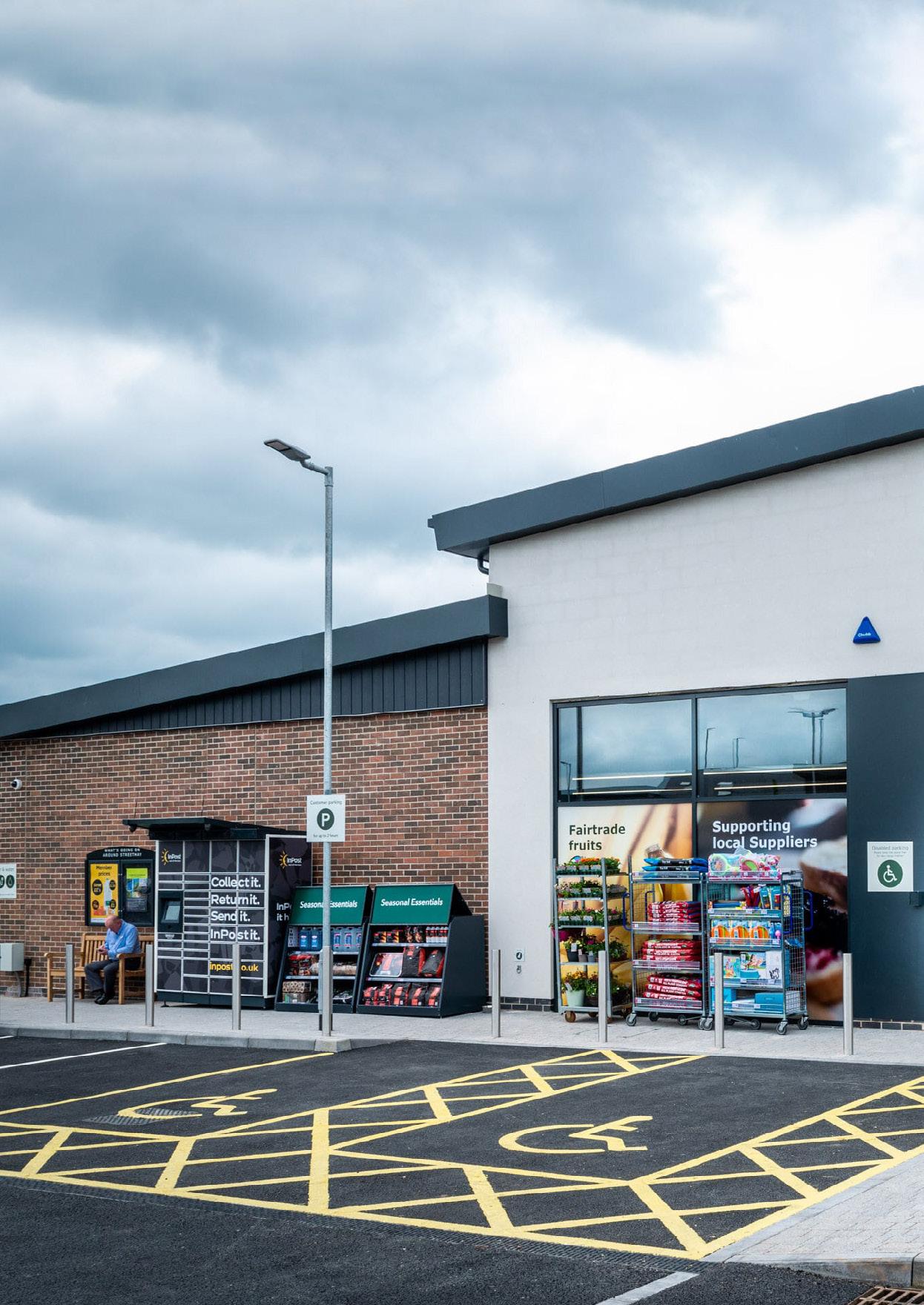 WRITTEN BY: TOM CHAPMAN
PRODUCED BY: CRAIG KILLINGBACK
WRITTEN BY: TOM CHAPMAN
PRODUCED BY: CRAIG KILLINGBACK
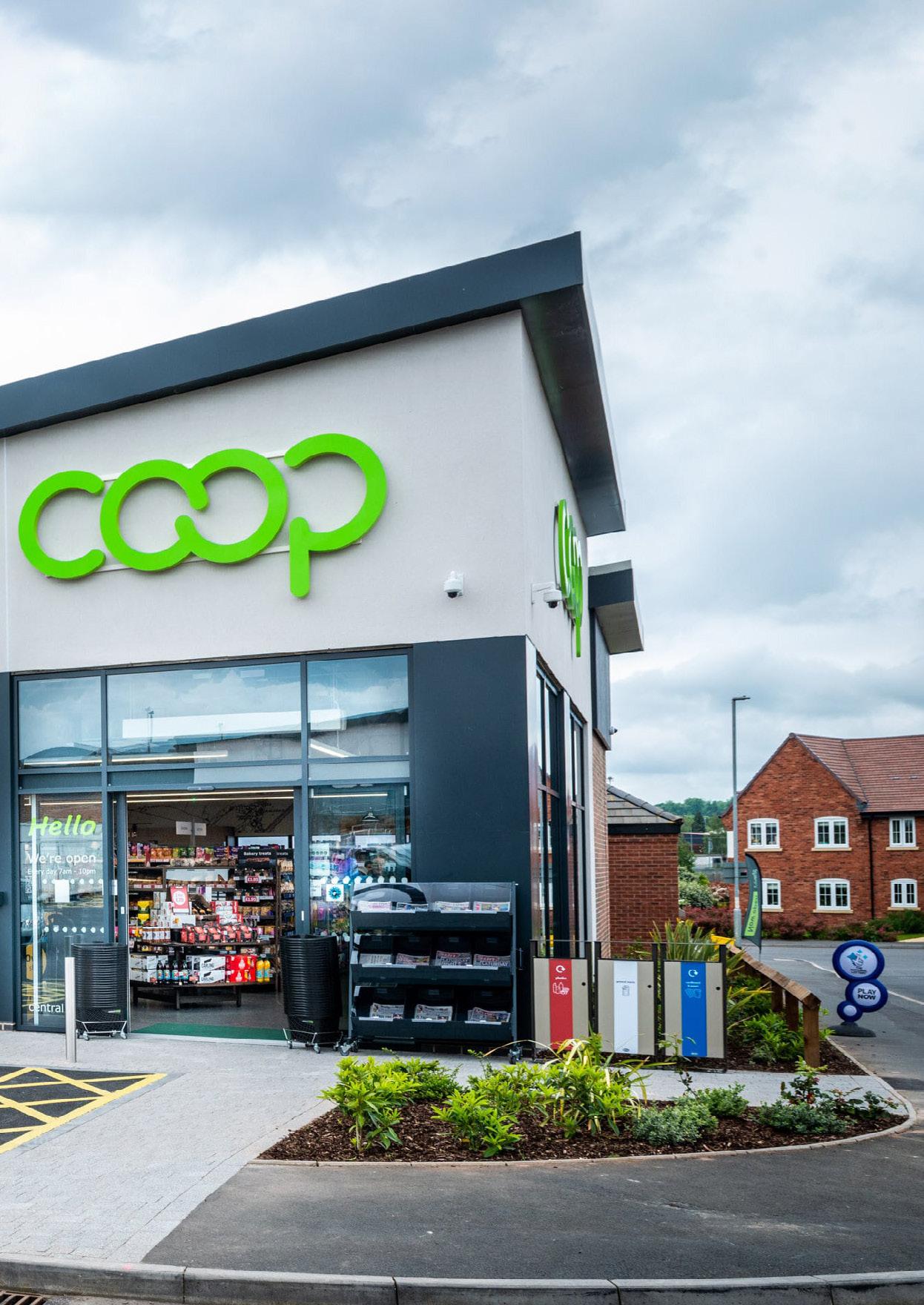

Central Co-op can trace its history all the way back to the mid-19th century, when the modern co-operative movement was just taking off.
Today, it exists as the second-largest co-operative in the UK, having assumed its current form following the merger of Anglia Regional Co-operative Society and Midlands Co-operative Society back in 2013.
At the heart of Central Co-op’s operations is its retail offering, consisting of more than 250 convenience stores across the nation. On the other side of the business is the funeral division, comprising 180 funeral homes, a crematorium, three stone masonry outlets and a coffin factory. And that’s without even mentioning the organisation’s property arm, responsible for buying, selling and maintaining thousands of buildings.
Many of Central Co-op’s core values remain the same as those established around 175 years ago but, in 2021, the company unveiled its new purpose: to ‘create a sustainable society for all’. This ethos now stretches right across the business, impacting decision-making and actions at every level of all departments.
That includes in the field of procurement, which is headed up at Central Co-op by Paul Lockwood, who joined the company in February last year.
“Within that new strapline there are numerous themes,” explains Lockwood.

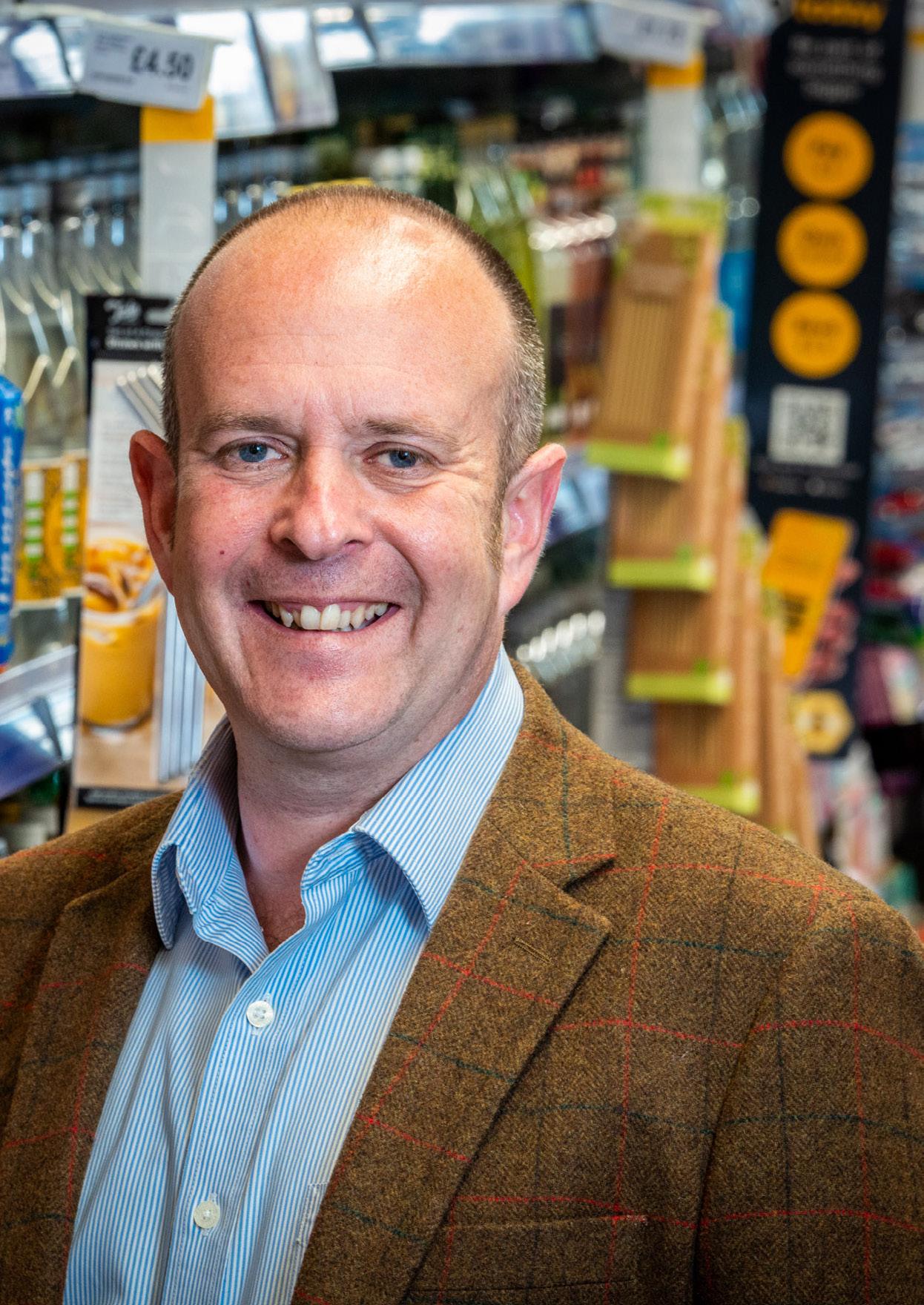
“There’s the environment and sustainability; there’s self-funding; there’s inclusion; and there’s self-help, as well.
“You may think when you join Central Co-op that you’re joining a movement, but actually what you join is a social movement, which makes for an interesting dynamic. It’s amazing how, more than 150 years after the first co-ops were started, their core values are still just as relevant today.”
Energy crisis accelerates
Central Co-op’s solar strategy
It certainly hasn’t been a straightforward start to life at Central Co-op for Lockwood, who
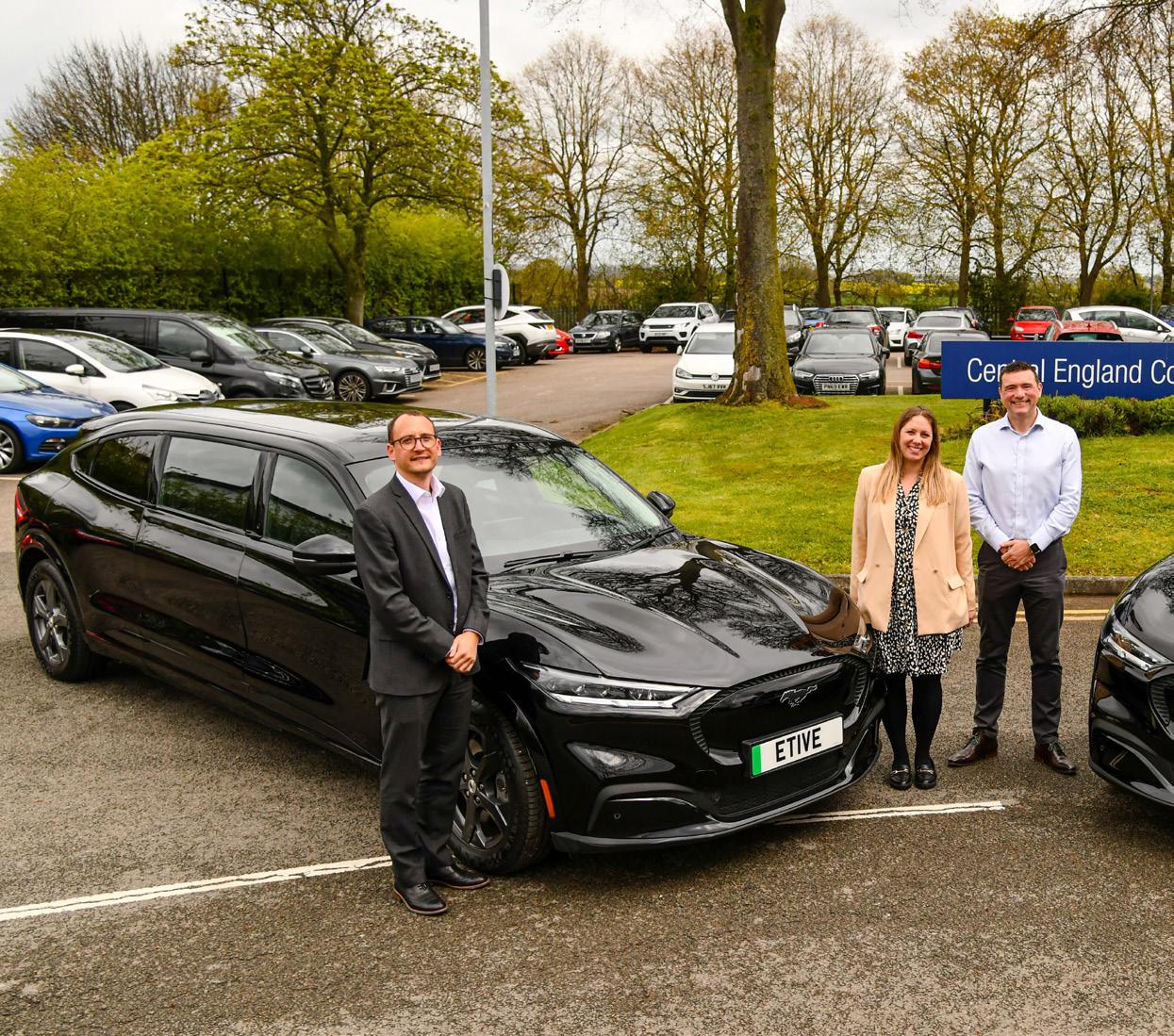
“It’s amazing how, more than 150 years after the first co-ops were started, their core values are still just as relevant today”
PAUL LOCKWOOD HEAD OF PROCUREMENT, CENTRAL CO-OP
became Head of Procurement just a couple of weeks after the global energy crisis escalated thanks to Russia’s invasion of Ukraine.
However, as the saying goes, in the midst of chaos there is also opportunity. That opportunity for Central Co-op came in the form of accelerating its investment in solar power, an important future-proofing strategy that had long been discussed.
Solar panels were installed at two convenience stores by the end of July; within a further eight weeks, Lockwood and his team had tended and contracted a provider to roll out solar panels at no less than 180 stores by end of 2023.
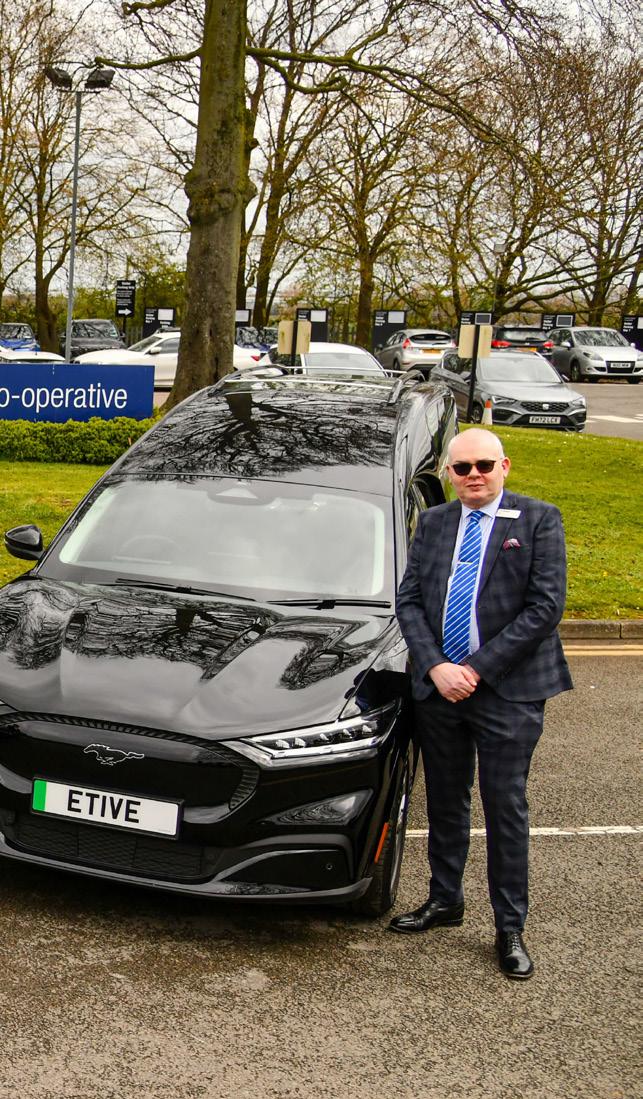
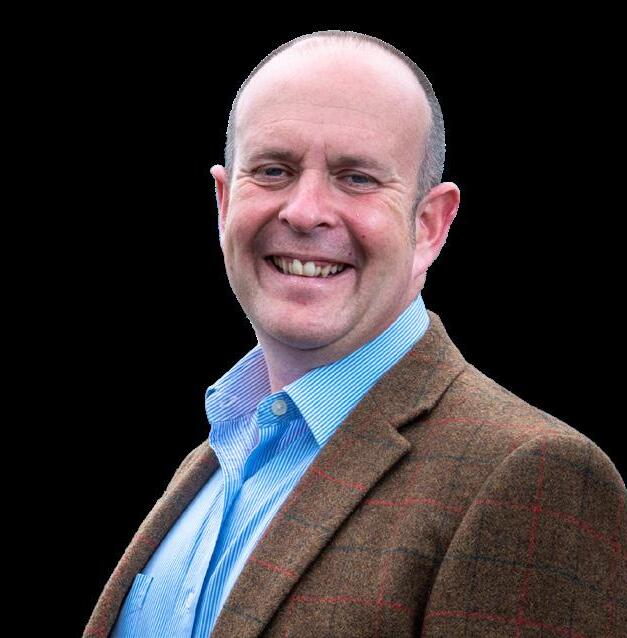
TITLE: HEAD OF PROCUREMENT
COMPANY: CENTRAL CO-OP
LOCATION: ALREWAS, ENGLAND
Paul Lockwood has worked in the field of procurement for more than 20 years, including in both the public and private sectors. For six years, Paul headed up procurement at BNP Paribas Personal Finance, before moving to Dignity in 2019 to lead the company’s procurement transformation programme. Last year he joined Central Co-op to look after GNFR for the entire retail and funeral business. Over the past 18 months, he has overseen the rollout of solar panels across 180 stores and modernisation of the organisation’s ceremonial fleet. Paul has a proven track record in delivering year-on-year savings and process improvements through the application of innovative business techniques and by optimising operating and delivery models.


Through expert insight and tailored advisory services, Inspired PLC empowers businesses to manage their energy costs, consumption and net-zero strategies.
Inspired PLC are a leading technology-enabled service provider supporting corporate businesses to control energy costs and transition their journey to net-zero carbon.

Energy is a significant overhead and now a board-level concern for UK organisations. Inspired PLC provides the expert insight and tailored advisory services to help businesses manage their costs, optimise energy consumption and reduce their carbon emissions.


Inspired PLC also helps clients to prove their net-zero and ESG credentials to their investors, customers and other stakeholders.
“We know that reaching netzero is a massive challenge
for any organisation, but with the right support and advice, businesses can achieve these goals in a commercially and operationally beneficial way,” says Alex Mackey, Account Director at Inspired PLC.
“Our purpose can be summarised as helping businesses manage their journey to net-zero and responding to the climate emergency whilst controlling their costs.
“Our solutions create clear and actionable long-term plans to help realise these goals.” All businesses need to understand how to effectively control their 4Cs; cost, carbon, consumption and compliance.
Co-operatives, owned by members, aim to positively impact their communities, including the environment. They typically have large and diverse portfolios, so energy and carbon make up a key operational cost. Energy and sustainability is often seen as
an area of complexity, but it is also an area of opportunity to look to reduce impacts on the environment wherever possible.
Inspired PLC is assisting cooperatives to formulate a strategy to best manage these energy risks through innovative and collaborative procurement solutions, while exploring every avenue to reduce consumption and ultimately carbon emissions, helping to further those goals to have positive impacts on their community.
Mackey concludes: “In light of the mounting challenges businesses encounter in addressing sustainability and ESG concerns, it is crucial for them to engage expert advisors who can demonstrate to their stakeholders a comprehensive plan to effectively manage costs, achieve carbon neutrality, and enhance their ESG performance.”
Moreover, in May the company opened a new shop in Staffordshire which, for the first time, had panels pre-installed.
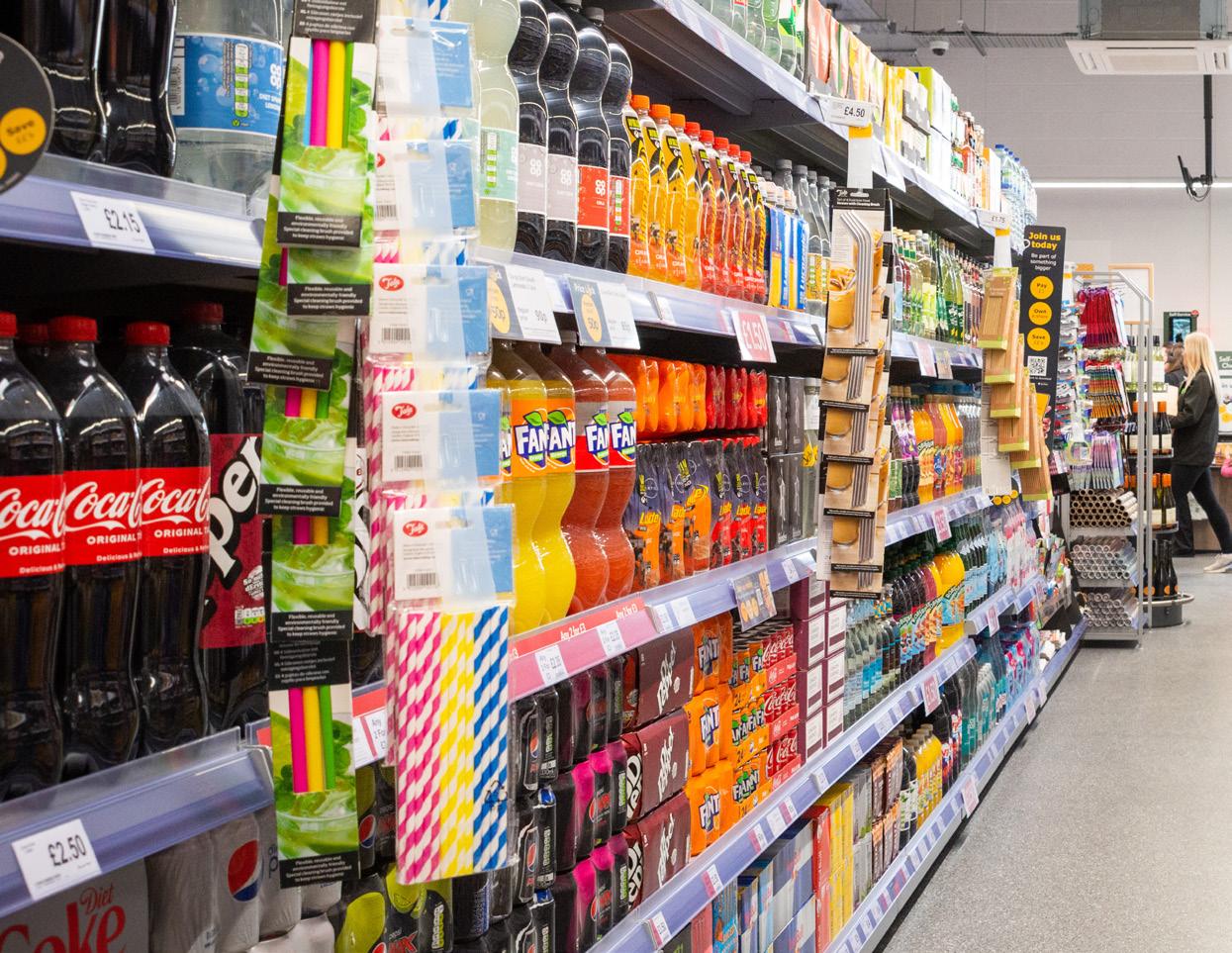
“We’re just over a third of the way through that journey and we’re very fortunate to have an executive and board who want to kick on with the investment,” says Lockwood. “We’ll have payback in less than three years based on our current commercial model which, for us, is unheard of.
“For me, it’s brilliant as well because it’s something I’ve always been passionate about.”
Praising Central Co-op’s key partner on the project, he adds: “The supplier we’ve had, SolPV, has been amazing and really hit the ground running.
“Now, the exec is asking me ‘what’s next?’, which is exciting and it’s great to be challenged like that.”
PAUL LOCKWOOD HEAD OF PROCUREMENT, CENTRAL CO-OP
“For us as an organisation, investing in a green funeral fleet is massively important, and there’s also an expectation from the public”
Bidding to become self-sufficient
Creating a sustainable society for all covers numerous aspects but, as Central Co-op’s solar efforts suggest, a significant proportion of the strategy relates to energy usage and becoming more selfsufficient in this space.
In the relatively near future, it is hoped the organisation will be producing 100% of its own power, which is evidently a big ask. Nevertheless, things are most certainly heading in the right direction.
2014 Year founded
7,000+ Number of Employees £961.4mn Revenue
Lockwood forecasts that the solutions currently being put into place at convenience stores will produce around 30% of the energy needed in a supermarket setting. Within that, simple steps have been

taken such as investment in more efficient freezers and putting doors on chiller cabinets.
“It all contributes,” Lockwood goes on. “It’s all very well producing green electricity, but it’s no good if you’re then burning it off really quickly.”
That all-important co-operative team spirit is truly coming to the fore from an energy perspective, with the launch of a new consortium including Central Co-op and a host of independent co-ops. The goal is to collaborate on the purchase of utilities, while sharing knowledge and investment opportunities.
“This is a journey we’re going on together,” says Lockwood. “We’re trying to share that
good information between ourselves to help each other on that journey.
“There has always been co-operation, but last year – with the energy crisis and cost-ofliving crisis – created a need to do more, and it has been fantastic. Coming together and sharing resources will help us to be more sustainable, not just as individual societies but as a movement.”
Crucial to Central Co-op’s values is looking after its people, to the extent that its investment in renewable energy capabilities has also been extended to colleagues.
“It’s great investing in our stores,” continues Lockwood, “but part of what we do as an organisation is invest in our colleagues.”
After receiving various enquiries, Central Co-op reached an agreement with its solar provider to extend the commercial terms of their deal to staff, giving them the option to purchase clean energy infrastructure such as panels or EV chargers.
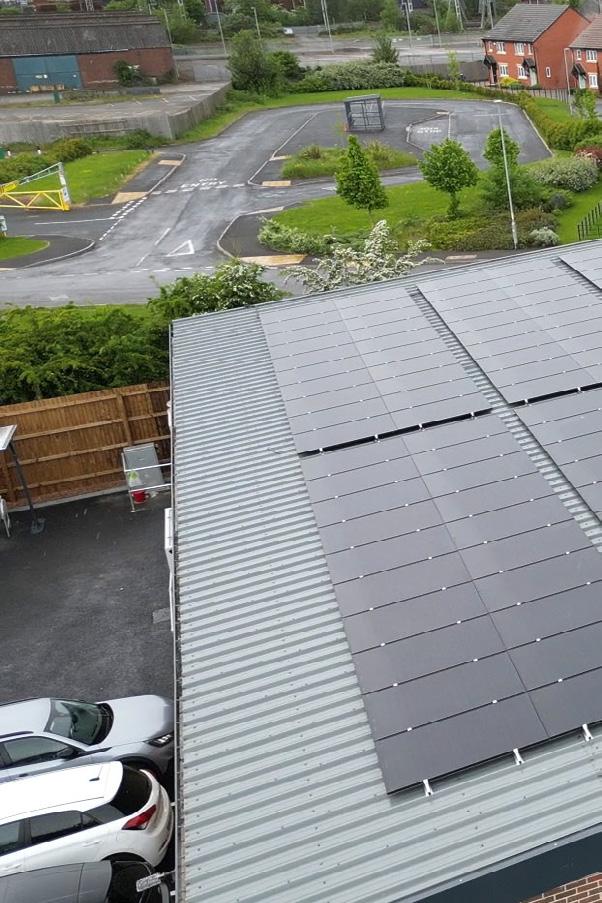
“For us, it’s about putting options in front of our colleagues and leaving the decision up to them,” says the procurement chief. “It’s quite a unique scheme, but it’s something we had the ability to do.
“So far, we’ve had about 200 colleagues show interest and it’s only been going for a few weeks. It definitely helps as well that we’re offering them a trusted provider with a quality product that is going to last.”
Despite the industry’s obvious traditions, Central Co-op has been careful not to overlook green aspirations in its funeral business, too. This process has begun with its fleet of vehicles, which can cost upwards of £120,000 apiece – making for a complex and expensive transition.
“What we’re doing is quite cutting edge for the industry and it’s an exciting time for us”
PAUL LOCKWOOD HEAD OF PROCUREMENT, CENTRAL CO-OP

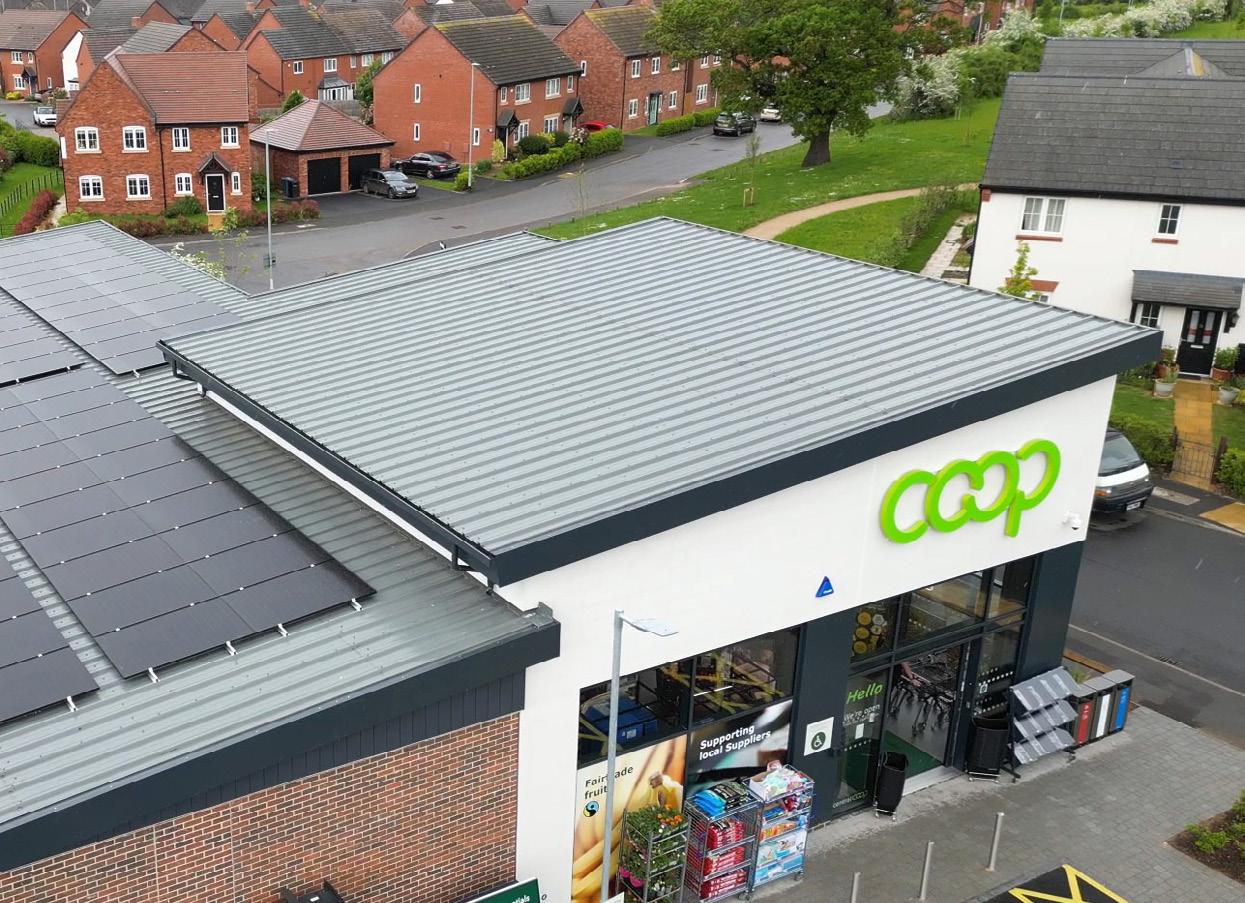

“It’s a significant investment,” Lockwood explains. “For us, we had an ageing fleet and we had reached a crossroads, so you could say it’s been a case of right place, right time.”
In looking to go green, Lockwood’s team went through an exhaustive procurement tender exercise, before finally identifying the Ford Mustang Mach-E as its limousine and hearse solution. The new fleet is due to be rolled out over the next 12 months.
Investment has also been made in charging infrastructure courtesy of a new partnership, and will evolve as the fleet expands: “For us as an organisation this is massively important, and there’s also an expectation from the public. This investment has been really popular with our colleagues as well.
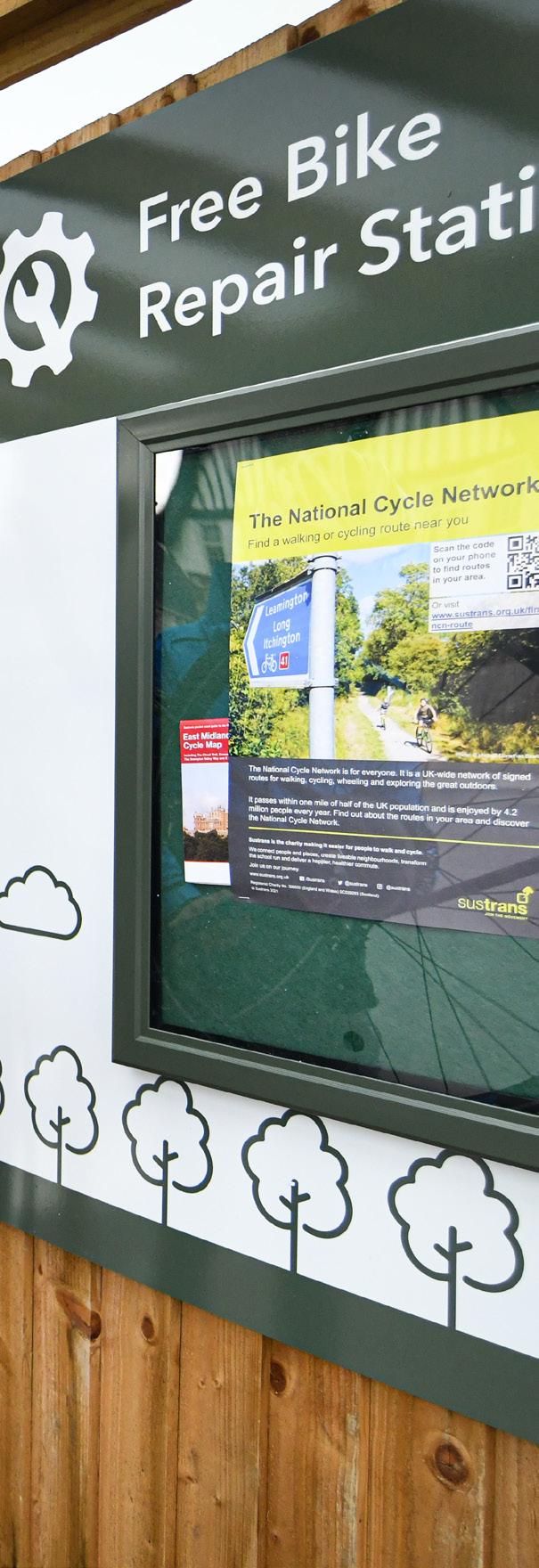
“We are a traditional business, but we have to evolve. When we’re talking about helping the environment, we need to look at every aspect of what we do.
“I think what we’re doing is quite cutting edge for the industry and it’s an exciting time for us as a business. There are bigger providers and bigger competitors out there who are maybe not as far down the road as we are in this space.”
‘Amazing’
Clearly, a vast operation like Central Co-op cannot function without crucial input from partner organisations.
“We’ve been fortunate to have some amazing partners,” says Lockwood. “One of the things we talk about with regards to partnerships is trying not to just have a transactional relationship. We want to put in effort across the business – not just in procurement – to drive value and sustainability.”
One such example of a fruitful partnership is with Lyreco, which has spent time trying to
Central Co-op is the secondlargest co-operative society in the UK Central Co-op employs around 7,700 people across divisions including retail and funeral services Central Co-op’s history can be traced back to the modern co-operative movement of the mid-19th century

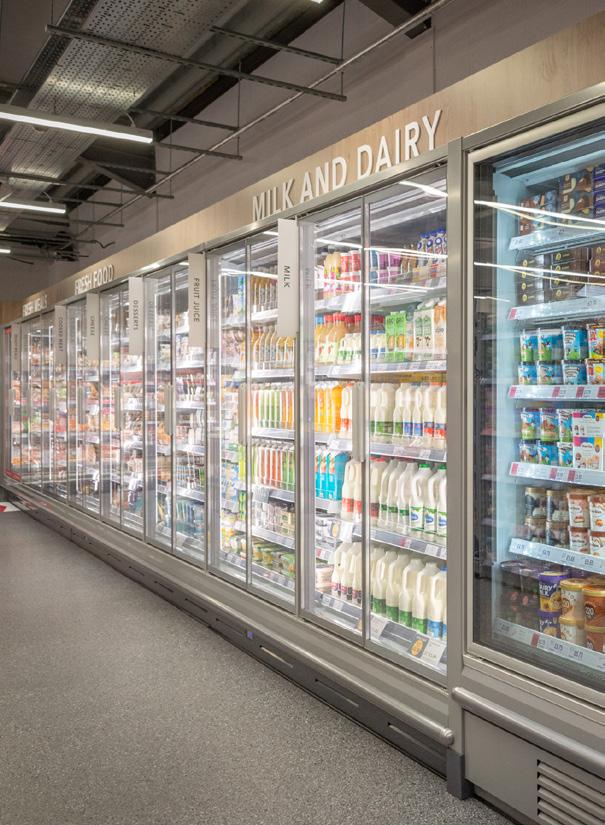
Do more with less!
Experience Zycus' Merlin AI solutions exclusively available in a sandbox environment.
Explore Merlin Experience Center Now!
“One of the things we talk about with regards to partnerships is trying not to just have a transactional relationship. We want to put in effort across the business – not just in procurement – to drive value and sustainability”
PAUL LOCKWOOD HEAD OF PROCUREMENT, CENTRAL CO-OP
understand the motivations of Central Co-op and its colleagues. As a provider of supplies and workplace solutions, the firm introduced a bio-hygiene cleaning product which has proved to be a roaring success in terms of cost reduction and environmental benefits.
Technology-wise, Central Co-op recently implemented a purchase-to-pay solution provided by Zycus, a pioneer in cognitive procurement software. Positive impacts have already been seen in various departments through the automation of processes which were previously paperbased or required manual inputting.

Lockwood adds: “We’re trying to create a core of suppliers who we work with and, instead of us just going to them, we want it to be a two-way street, giving them the opportunity to talk about what they can do.
“For us, with our suppliers, whether it’s in the retail business, property business or funeral services, that’s a common approach we’re trying to roll out at the moment.”
Central Co-op has also entered into a partnership with Inspired Energy, a consultancy which is helping various co-ops with the process of buying utilities.
Lockwood continues: “Their insight so far with regards to the environment has been massively powerful. They’re helping us future-proof ourselves as an organisation which, in essence, involves buying smartly and buying with the right people – but also looking at who we are in terms of sustainability, which is at the heart of what we do.”
With eyes on the future, Lockwood believes macro-economic factors and the growing importance of sustainability must remain key considerations in the procurement space.
The war in Ukraine has, of course, had a profound impact on the supply chain and forced companies to rethink their suppliers.
“We are living through turbulent times,” Lockwood concludes. “What’s going on in Ukraine has been utterly horrendous and there has been a huge knock on effect throughout the world.
“One of the things I’m looking at and considering is the ability to source locally because shipping goods over from the Far East is more expensive. Sustainability’s massive as well, so local sourcing is important when we start looking at our carbon footprint.
“I think for us, working in procurement, we’re probably going to find more challenges and demands in understanding who our supply base is in more detail and measuring their impact on the environment.”



WRITTEN BY:
TITLE: INVENT FOR SOCIETY GLOBAL LEADER
COMPANY: CAPGEMINI INVENTCAPGEMINI INVENT




TITLE: ASSOCIATE
COMPANY: CAPGEMINI
Kanakadandi and Jean-Baptiste
Perrin discuss the link between digital skills among the youth and the advancement of sustainability
Today’s world is facing a twin challenge: recovering from the pandemic, and struggling to become more sustainable. As we shift from the pandemic, a big realisation across companies and governments alike is the role that education plays in ensuring an analytical and scientific response to the challenges we face.

In recent years, we’ve seen the rise of terms such as digital natives associated with the younger generation. However, the ability to use digital devices and consume digital content does not necessarily translate well to enhancing employment prospects for all. Today’s digital world, with its massive amounts of information and misinformation, requires an unprecedented level of fluidity from students. They must be able to distinguish fact from opinion, objectivity from bias, and honesty from insincerity in an online setting.
They must understand the risks of technology and the internet, and how to mitigate those risks. At the same time, the digital world requires them to have the soft skills of an adapter, a creator, a problem solver, and a critical thinker. Are students ready?

Green skills enable students to live sustainably and manage their carbon footprint in a more effective manner



• A majority of teens were found lacking in basic digital skills – less than half (47%) of students aged 16–18 are confident in writing a professional email. Even fewer are confident in creating a presentation (45%) or making a chart from data (42%).
• The majority (80%) of 16–18-yearold students say they are confident in finding information online using websites such as Google or Yahoo!,
The worrying answer is that not all students may be ready for a digital future. In a new comprehensive report from the Capgemini Research Institute titled Future-Ready Education, we found that across all students aged 16–18, only 55% say they have the digital skills necessary to be successful in today’s workforce.

More worryingly, there also appears to be a perception gap between teachers and parents when it comes to the abilities of students, and their perception of students. The usage of digital media is often conflated with digital skills, leading teachers and parents to overestimate their students’ abilities and knowledge of digital technologies.
Digital skills as a competency include four categories: digital literacy (understanding how computers, the internet and mobile devices work), digital citizenship (engaging in appropriate and responsible behaviours online), data literacy (understanding how to work with data and how to analyse and interpret it) and media literacy (understanding how to determine which online sources are credible, with the ability to evaluate content online).
but fewer (66%) know which online sources to trust, or what is fact versus opinion online (61%). About half (53%) of these students say they know whether information online is biased, dropping to 41% of students aged 18.
• Students need digital skills, not only to be able to confidently use technology in their education but also to prepare them for future entry into the workforce.
Are you looking for a way to build sustainability into how you operate? Or want to amplify your social impact? Maybe it’s simply the right time to move on from corporate social responsibility and embrace an ESG agenda.
Our team of expert lawyers want to help you to be a better business. Whatever your goals, make talking to us one of them.
Bates Wells, the first UK law firm to certify as a B Corp, continuing to drive real change.
Get in touch: hello@bateswells.co.uk www.bateswells.co.uk
The digital world requires students to have the soft skills of an adapter, creator, problem solver and critical thinker. Creative thinking and analytical thinking are the most important skills for workers in 2023 and are the top two fastest-growing skills per the latest Future of Jobs Report from the World Economic Forum. Our research found that a large share of students lack key soft skills for employment.
At the same time, green skills have gained prominence in recent years. Green skills enable students to live sustainably and manage their carbon footprint in a more


Teaching digital skills to young children and teenagers in secondary education is crucial, particularly in a world that is being rapidly shaped and transformed by AI
effective manner. These skills can empower students to become changemakers in their own communities. One of the significant benefits of green skills is that they unlock new opportunities in emerging fields related to sustainability, providing a competitive edge in the job market. While nearly 80% of students globally say in our survey they are knowledgeable about recycling and waste reduction, only about half say they are knowledgeable about environmental policy (54%) and climate change (58%).
The rise of Generative AI
Generative artificial intelligence (AI) is a key skill for future jobs and has the potential to disrupt education. Nearly 60% of secondary school teachers globally believe interacting with AI systems will be a skill required for jobs in the future. A majority of teachers have experimented with ChatGPT already and while they are worried about its impact on learning, many can also see its potential.
Globally, 52% of secondary school teachers in our survey believe AI tools like

We found that across all students aged 16–18, only 55% say they have the digital skills necessary to besuccessful in today’s workforce


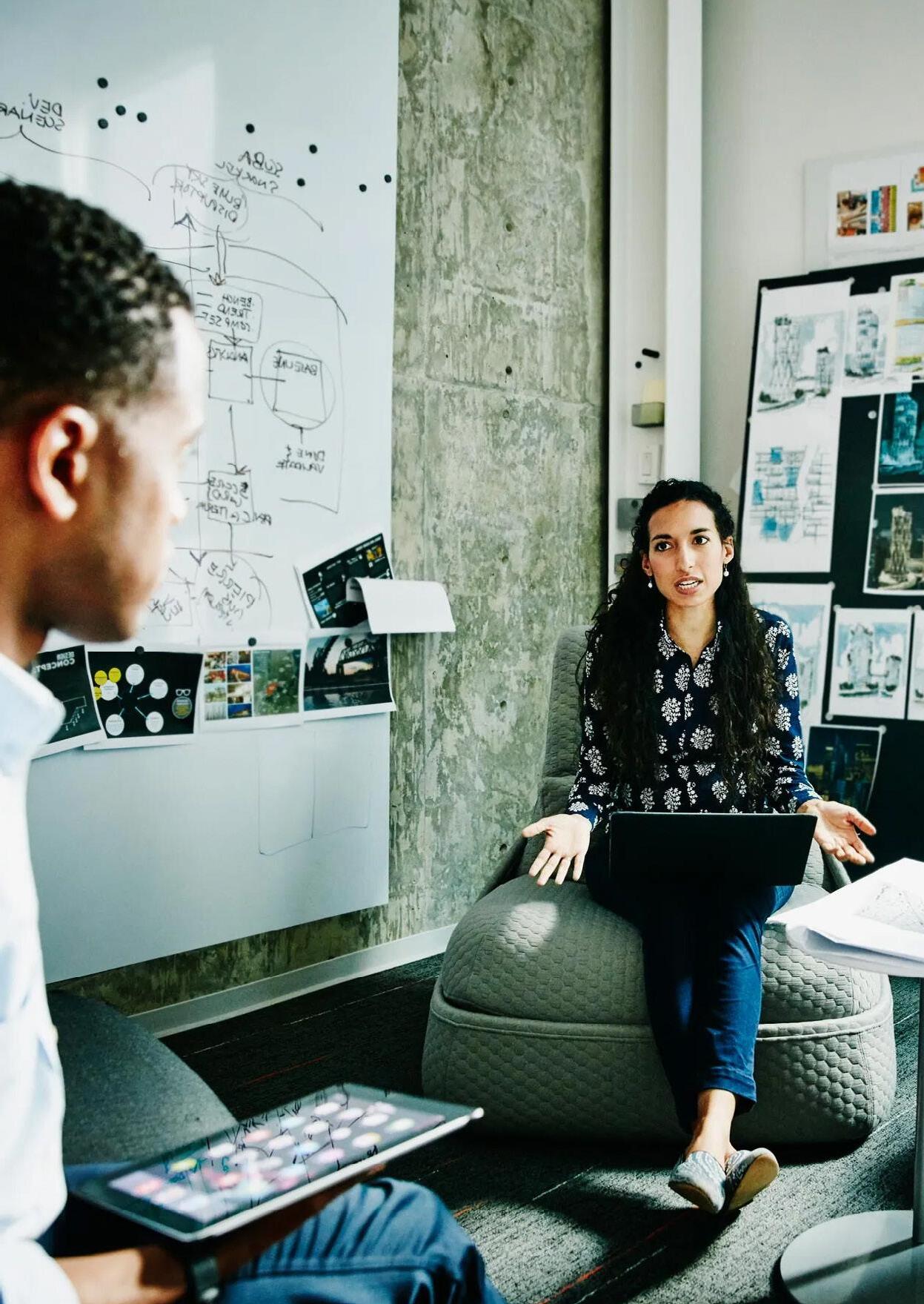
ChatGPT will change the teaching profession for the better. However, this would require adapting curriculums and assessments to account for student use of AI-generated content, which over half (56%) of secondary school teachers globally agree with.

In today’s interconnected world the future success of students depends on their digital literacy. Teaching digital skills to young children and teenagers in secondary education is crucial, particularly in a world that is rapidly shaped and transformed by AI. It allows them to engage with technology safely and responsibly, and equips them with the tools they need to succeed in a changing world.
Despite growing up surrounded by technology, not all of today’s students have the digital skills required to use technology effectively and confidently for their education, or for their future role in the workforce. The digital divide is not just about access to the internet and devices, but about the proficiency gap between students who have the digital skills to succeed and those who do not.
Addressing these gaps can help support the UN Sustainable Development Goals (SDGs), including Goal #4 (providing equitable access to quality education) and Goal #8 (enabling decent work and economic growth). Digital skills enable digitisation, internet penetration, and accessible technology and are therefore the key to improving the existing structural flaws. While strengthening education systems will help mobilise new streams of progress and boost productivity and quality of work, innovation in education is the key to making sure our future workforce is positively transformed by AI and technology.

The Global Sustainability Awards 2024 will be celebrating the very best in Sustainability & ESG with the following categories:
Sustainability Strategy Award
–
ESG Program Award
–
Climate Change Award
–
Diversity & Inclusion Award
–Net Zero Award

–
Sustainable Supply Chain Award
–
Sustainable Technology Award
–
Sustainable Consultancy Award
–
Future Leader Award
–
Executive of the Year Award
–
Project of the Year Award
–
Lifetime Achievement Award

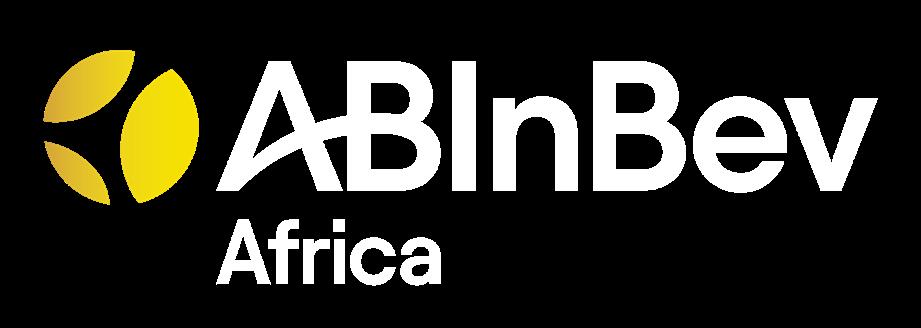
 WRITTEN BY: TOM SWALLOW
WRITTEN BY: TOM SWALLOW
PRODUCED
STUART IRVING
BY:
Take thousands of employees, produce hundreds of beer brands, and then distribute all across the world and you’ve got yourself a very complex operation that exceeds US$55bn in revenue with the need for an intricately built supply chain. This is where Anheuser-Busch (AB) InBev has excelled over more than a century – becoming the big-name business that it is today – thanks to its ability to manage a global team and expand in line with current trends and demands within the industry.

With this growth comes expansion and AB InBev acquired South African Breweries (SAB) Ltd in 2016, a major step towards sharing its great products with more consumers across the country – serving more than 55 million of its population. Particularly in the current commercial landscape, procurement has come to the fore as a crucial component of expansion and ensuring compliance to environmental, social, and governance (ESG) throughout the supply chain.
To understand the important role of procurement in operations at AB InBev, we look to the Southeastern region of Africa, where the company boasts a great influence on Uganda, Tanzania, Zambia, and other countries through quality procurement processes as the company looks to localise its sourcing.
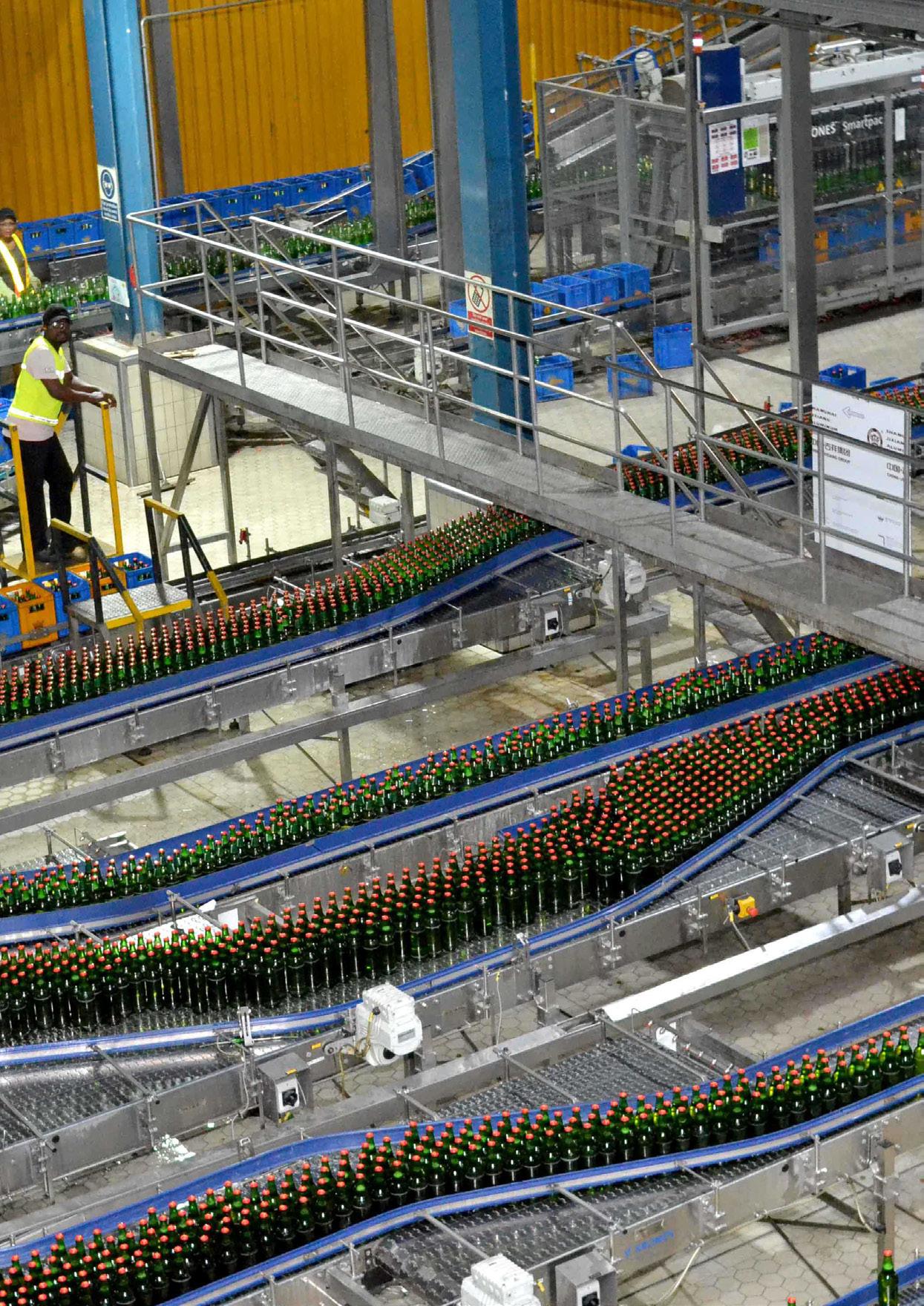
With breweries in 11 countries on the African continent and a number of local agricultural programmes across half of them, the company is very much driven towards localisation to provide products to the African market. While providing more opportunities to the local farmers in this area, procurement has a role to play in developing the business for the modern industry.
“Procurement within AB InBev has evolved immensely,” says Jacques Els, Procurement & Sustainability Director: BU Southeast Africa. “As the company has modernised, procurement started to evolve within the business purely because of the value procurement can generate for the bottom line.

“We know industries, specifically in Africa, are struggling. Economies are not growing
to the level we would like them to, and therefore the bottom line becomes more and more critical.”
Now that procurement has ‘a seat at the table’ within AB InBev, Els believes that new levels of value will be reached now the department has become more influential in the business’ growth. Els really emphasises the importance of procurement as a function leading the business in a number of areas, including social aspects of enterprise as well as profitability for the overall African segment.
“Our procurement function has been elevated within the business and it’s become even more apparent since we started thinking about the principle of supply chain, which is essentially production, logistics, and the procurement organisations all under one umbrella.
TITLE: PROCUREMENT & SUSTAINABILITY
DIRECTOR: BU SOUTHEAST AFRICA
COMPANY: ABINBEV
Jacques Els, Procurement & Sustainability Director for ABInbev Africa’s South- East Africa Business Unit has been part of the Beer giant’s Procurement function for eight years. Having held various positions within the Procurement function in Africa Zone, from Operational Implementation to Sustainable Development of Sourcing and Security of supply strategies.
Prior to his career at ABInbev, he has held Consultancy and Operational Supply chain roles within the Power generation and Logistics industries in Africa.
The core of Jacques responsibilities over the past eight years has been the consistent drive to develop supply chain maturity, localisation of strategic industries and driving Sustainability initiatives to support business results. His experience on the African continent, including relocation to Tanzania for 3 years has enabled him to deliver consistent results to the bottom line, whilst continuing to grow a robust supply chain within Africa.


Water scarcity poses a huge global challenge to brewers. In one of the most water intensive sectors, it’s crucial to ensure that every drop of this increasingly precious resource is maximized.
Water management impacts every operational aspect, including a brewer’s reputation with customers, the communities in which they operate, and future investment. Inefficient water use is increasingly viewed as unjustifiable, and a barrier to the business resilience necessary for success in a world of increasing water scarcity.
Diversey manage hygiene and water quality as a complete system. Through an ongoing consultative partnership delivering innovative programs and technologies, we apply efficient reuse, recycling, and wastewater treatment, while adding value that drives differentiation.
Our systematic total approach to water management begins by creating a complete picture of water use. AquaCheck uses three clear steps, where data of historical water patterns is collected and analysed to identify areas for monitoring. Priorities are determined and the scale of opportunity assessed for water savings, and in reducing risks from scarcity and rising costs.
As a responsible brewer, ABInBev makes water conservation its highest priority, while maintaining the vital balance between remaining competitive and reaching its sustainability and ESG goals. In partnership, Diversey’s engineering capabilities and treatment technologies were tasked with defining a broad overview of water use.
This analysis was then applied in a successful recycling and water-saving project for the bottlewasher operation in one of the company’s South African facilities. Final Rinse water is recycled to the pre-rinsestep by design to help pre-rinse effectiveness. And then the excess water that goes to drain after pre-rinse is collected, treated, and disinfected to a standard suitable for use in crate washing and floor cleaning. And as per requirement, recycled water cannot be used in areas where it can be in contact with the product.
Working together, Diversey’s tailored balance of knowledge, expertise, advanced chemistry, and equipment technology achieved water savings of 30k m3 per year to significantly increase efficiency and support ABInBev’s sustainability aims.
Further resource savings have been realised by implementing solutions from Diversey’s KBS service portfolio, including Divos X5 membrane cleaning, delivering reduction water, raw caustic and formulated chemical consumption, while increasing beer throughput and process efficiency.
Discover more about how Diversey can help you reach your water saving goals:

“This supports the understanding that the supply chain can deliver value within your business.”

And for AB InBev, the supply chain is everything. From the sourcing of raw materials like wheat and barley from a variety of farmers, to retaining production efficiency and product quality across new markets and distributing beer to countries across the continent. Let’s also not forget the sustainability requirements within the supply chain, which adds a new layer of complexity to the procurement role – sourcing goods provided using sustainable energy.
Commercial perspective: Retaining necessary product quality of global products
The commercial value for AB InBev comes from several factors in the supply chain. As the company operates on a localised basis, product quality and cost optimisation are crucial outcomes the business strives for when dealing with multiple breweries that produce the same great products.
The procurement function is responsible for ensuring that not only the products meet the company’s legacy – high-quality – standards, but are produced in a costeffective, equitable way.
“When you look at industrialisation in Africa’s markets, procurement is critical. It plays a critical role in developing suppliers to deliver at the right quality; the consistency from suppliers on a multinational level,” says Els.
“Localising suppliers so that we’re not so reliant on global supply chains – ocean freight from Chinese, European or American ports – has become a huge value-add for us, because we are able as a procurement team to do that faster and quicker than most of our competitors.”
What Els explains here is that, also due to the global events of the past few years, localisation has been a natural shift for the business and procurement is at the heart of achieving this to create a more resilient supply network to overcome such events in the future. This is crucial for commercial longevity, but, particularly in Africa, a staple procedure that will bring more local businesses into the fold, and effectively provide support to small and medium businesses in a country of a developing economy.
Community perspective: Developing local business through procurement and commerce
Sustainability being the hot topic across the globe, AB InBev embraces this with open arms across all areas of its business and all factors related to operations. These of course include sourcing sustainable energy and supporting the communities in which it operates.
Bringing on board local businesses in Africa as the suppliers of AB InBev products across the continent creates a full cycle of development and reward both commercially and socially.
One of the main functions of procurement is bringing in small vendors and aligning them with its global standards, which, according to Els, requires a phased approach to avoid mistakes along the way.
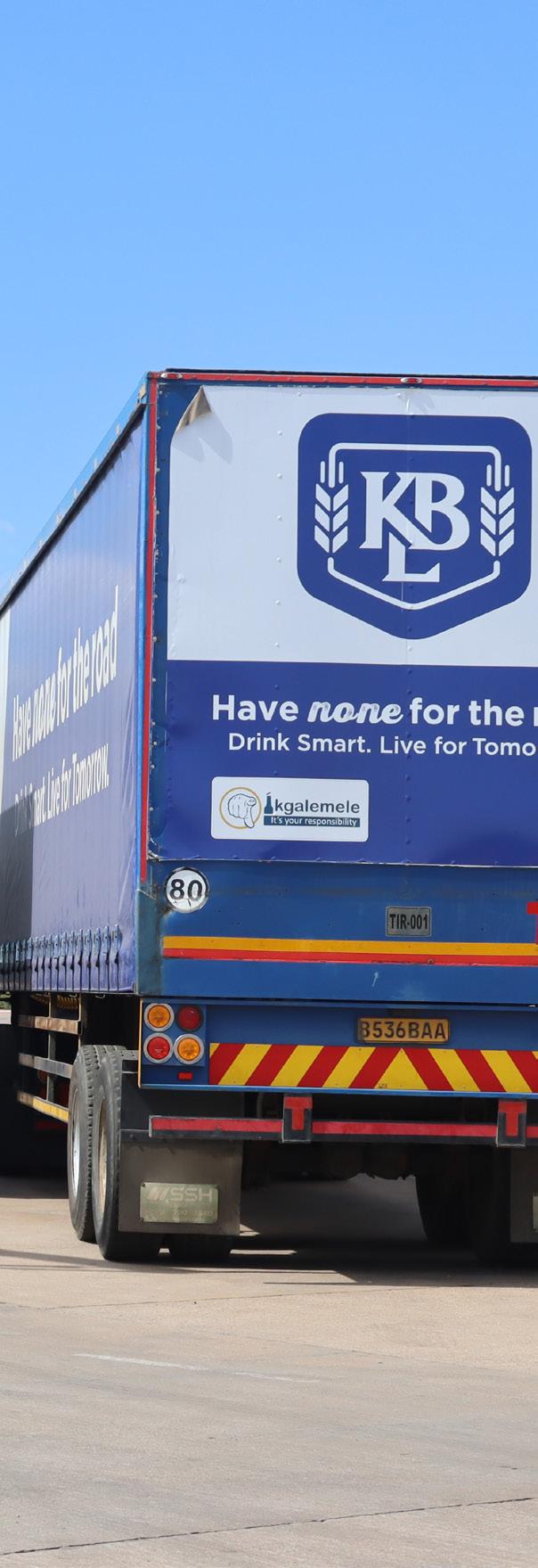
“You grow local businesses, you develop the area they operate in, and you deliver more quality from those businesses”
630 Unique beer brands
175 Breweries
63% Of revenue from digital

As the company’s commitment to ESG and the UNSDGs stands, the success of farmers in Africa is within its best interests.
“The mistake made in the past is to try and go all-in at once,” says Els. “It’s about developing your local suppliers while maintaining the relationship with your international supply. We ensure that standards, training, quality, health and safety are top of mind before even talking about increased volumes, pricing, quality, and begin by making sure operations are aligned with the attributes we expect from any business globally.”
Not only does this strategy help to build resilience across the business, but allows AB InBev to make its mark, by providing suppliers with new markets and better ways of working.
“This is how we create value for the communities in which we operate,” says Els. “You grow local businesses, you develop the area they operate in, and you deliver more quality from those businesses that can supply others outside of AB InBev.”
In creating this value for Africa’s communities, Els also sees how localisation forms a breeding ground for new and innovative ways of working, thanks to its diverse pool of suppliers.

“We had to be the catalyst to prove to the business what is available out there with an entirely interlinked supply chain,” says Els. He also reiterates that procurement is not a supporting function, as he explains “as soon as this started happening, little by little we could see the mindset shift.”
Embedding the procurement team with suppliers across the countries seems to have empowered AB InBev to take more steps towards more sustainable methods of working. By getting closer to its suppliers, the South African team learned very
quickly what the pain points were for small companies looking to develop more responsibly.
“As soon as the procurement team started taking over sustainability as part of our business initiatives within our supply chain – renewable energy, water usage, climate change, etc – suddenly everyone realised that what we’ve missed is that additional supply chain value that procurement has access to,” says Els.
“Globally procurement developed, but within the group it was us as a team really embedding our value in the business.”
Regulatory perspective:
The regulation hurdle of localisation Returning the focus to operations, the hurdles overcome by the procurement team at AB InBev are what make it a crucial department for the team to embrace globally. Looking at the company’s African expansion, regulation is a key factor to contend with when trading across multiple countries.

As a commercial endeavour with economic benefits, Els prides his team’s efforts to accelerate legislation to improve trade across Africa, which consists of duties and taxes that hinder progress of executing its processes in this area of the supply chain.
“You still find challenges between different African countries that do affect efforts to efficiently speed up and execute some of these localisation initiatives and inter-trading initiatives,” says Els.
“Also, when you look at the sustainability side, when it comes to recycling plastics and the way the governments interact with businesses, it sometimes feels very reactive. We do find ourselves sometimes having to react very quickly to bans on plastics; legislation changes that come across overnight.”
Overcoming myriad challenges from the project inception to execution is where Els’
JACQUES ELS PROCUREMENT AND SUSTAINABILITY DIRECTOR: BU SOUTHEAST AFRICA, AB INBEV“Our procurement function has been elevated within the business and it’s become even more apparent”
journey with the company has taken him – since working with SABMiller in 2015 to his position at AB InBev. Now he sees the company operating with a network of 11,000 small, older farms across his home continent, which is testament to the company’s procurement function and a natural move as the supply chain becomes an important focus from global success.
As part of the team that catalysed major changes there, Els continues to support these endeavours and will allow further relationship building, sustainability implementation, and commercial growth for his company and those trading with the business.
Through further partnerships, procurement continues to duplicate these achievements across a number of countries, bringing them into an ever-growing partner network.
Moving forward with its vendors, AB InBev can use its platform to facilitate further industry shifts and will be a driving force in reducing supply chain impacts on the planet and enhancing the lives of those affiliated with beer business.



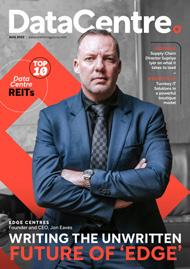

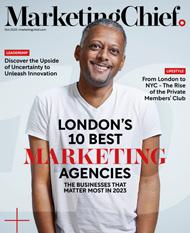




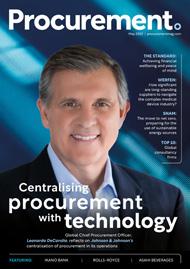




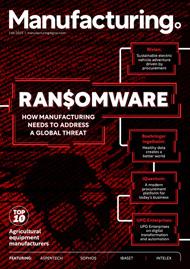







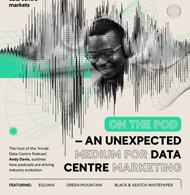
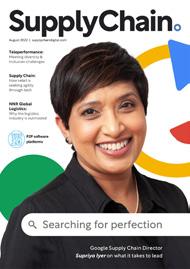


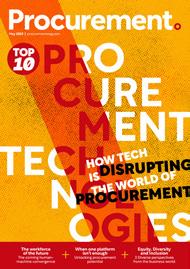





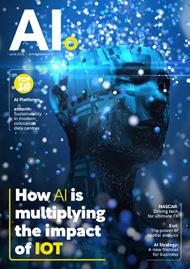












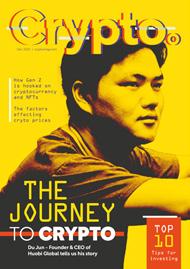
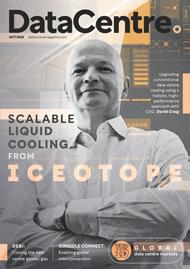
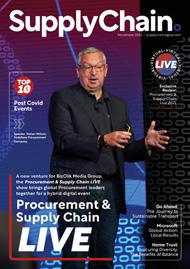

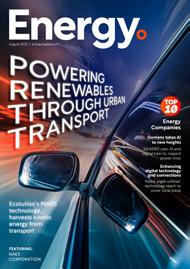




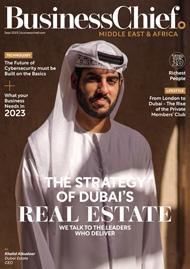




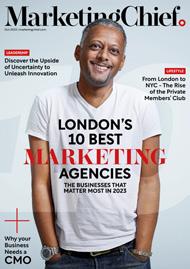

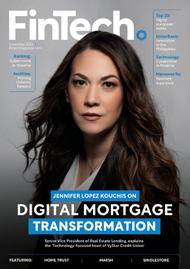

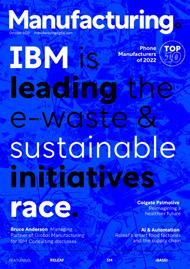









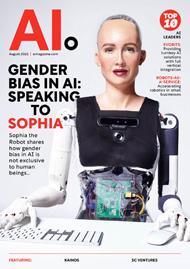

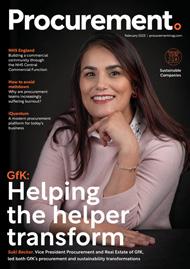

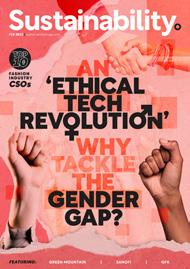

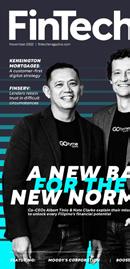
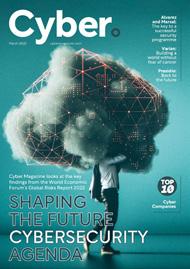
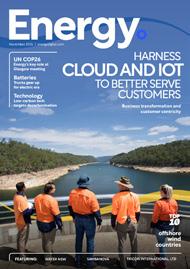

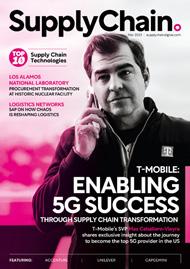



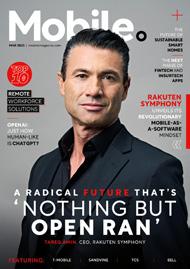


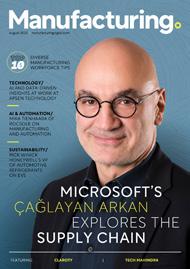




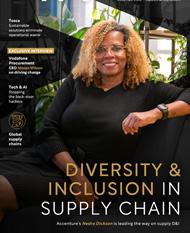













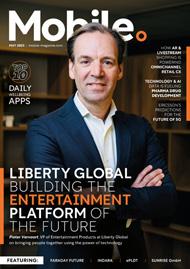
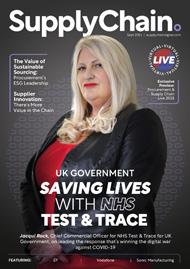
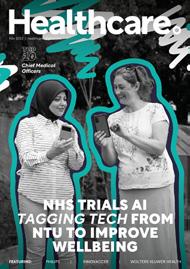





 WRITTEN BY: LUCY BUCHHOLZ
WRITTEN BY: LUCY BUCHHOLZ


 Richard Hughes Senior Recruitment Consultant, Intervl
Richard Hughes Senior Recruitment Consultant, Intervl
ow, there are no excuses for businesses not to have a diverse workforce. Aside from being ‘the right thing to do’, employing a team that reflects all ages, abilities, genders and races, invites diverse perspectives, better decisionmaking and greater opportunities for professional development and, of course, increasing profitability.

Yet attracting diverse candidates and supporting them to become permanent employees is no mean feat. That’s why, Richard Hughes and Alex Macfadyen, Senior Recruitment Consultants in the ESG, Sustainability and ClimateTech Division at recruitment agency Intervl, share how businesses can increase workforce diversity, and why it should be at the top of every company’s agenda.
Intervl specialises in partnering and scaling businesses globally on their journey to net zero. The business is conscious of its impact and is dedicated to being sustainable, while currently pursuing B-Corp Certification.




Empower your entire ecosystem to drive real and meaningful change.

Suppeco leverages the potential in relationships to solve key challenges within the value chain.

An award-winning solution built for the real world.
Take a tour

Before businesses can focus on diversifying their teams, they must first ensure they’re approaching the task in the correct way. Hughes says: “It’s imperative for leaders to have an inclusive mindset, to ensure any preconceived bias is removed. This will enable the application process to be accessible to everyone while ensuring each candidate is assessed equally against a specific skill set criteria – no matter their ethnicity, sexual orientation, gender or background.”
Although there are many different ways to achieve this, there’s not a ‘one size fits all’ approach. Instead, business leaders must explore what works best for them, their organisations and the employees they want to attract.
“Whenever and wherever we can, we suggest different ways to approach recruitment, ensuring that DEI is at the top of the agenda”
ALEX MACFADYEN SENIOR RECRUITMENT CONSULTANT, INTERVL


One of the first crucial steps is to become an Equal Opportunity Employer – and to boast about it. An Equal Opportunity Employer is one that has committed to a policy of treating its employees and job applicants fairly and equally, meaning they reject discrimination at every level.
Likewise, the way in which application forms are written and formatted is equally important. “The application stage should be simple and easy to follow, while catering to all individuals,” Macfadyen says. “It should also only include the necessary information for that opportunity — to avoid overcomplications.
“To add an extra layer of care, businesses should review blind CVs –a CV that doesn’t contain any form of identification – while also utilising a diverse interviewing panel, with different types of interviews, such as telephone interviews, skill-based assessments and face-to-face interviews.
“Hiring managers should also be given a checklist of questions to ensure all of these factors have been taken into consideration, ensuring each candidate has an equal opportunity to showcase their skills and experience in an environment that best suits them. With this in mind, any reasonable adjustments relevant to that interview format should be considered. For example, whether candidates have any disability, meaning they require extra reading time or additional support to access the office.”
If everyone in a business looks the same, chances are, they will all think in the same, or very similar, ways. Investing in a diverse workforce welcomes new ideas, innovations and a different mindset, while boasting a variation of skills and life experiences to utilise, leading to better ideation and innovation. To achieve this, Hughes and Macfadyen list a number of approaches:
“It’s imperative for leaders to have an inclusive mindset, to ensure any preconceived bias is removed”
RICHARD HUGHES SENIOR RECRUITMENT CONSULTANT, INTERVL
• Annual employee engagement surveys
Employers should be asking employees whether they are engaged at work and what an employer can do to increase their happiness, ultimately, creating an environment where everyone feels valued.


• Create company policies
Including inclusive policies that support staff at all stages of their careers, including holidays for religious celebrations and/or life events, such as marriage is a great place to start. Flexible working should also be offered, where possible, to support parents, those caring for family members and those experiencing menopause.
• Education
Providing in-house education ensures employees continue to grow, and will be able to work their way up the company’s career ladder. This also spans continuous DEI training for management and senior leadership.
• Community initiatives
Suggested and voted for by employees.
• Defined career pathways
For employees to progress, they need to be presented with transparent pathways to growth. For example, by understanding what needs to be achieved to secure their next promotion.
• Personal development plans (PDPs)
PDPs allow employees the opportunity to discuss their career progression on a quarterly basis with their managers, allowing them to implement any necessary training or SMART goals relevant to their career pathway.
Once these initiatives have been enforced, businesses should communicate their DEI commitments to future candidates, as well as current employees, as it demonstrates a business's culture and values. “People want to work for progressive, forward-thinking and transparent companies where they feel they’re valued, treated the same and have equal opportunities,” Hughes says.


This can be achieved in a number of different ways – one of the simplest is to utilise a business’s online presence, such as websites and social media. These platforms can be used as shop windows for candidates to gain insight into a business while allowing those who value DEI to demonstrate their priorities, and show they practise what they preach.
“When we launched Intervl, we wanted to focus on DEI from the beginning, so we employed an HR consultant to write our policies for our business in an inclusive manner,” Macfadyen adds. “Firstly, we wanted to understand our clients’ policies, processes and strategy on DEI. Then, by being committed to DEI in our workplace and in all our dealings with clients, applicants, and customers, it was easier for us to positively influence them. Whenever and wherever we can, we suggest different ways to approach recruitment, ensuring that DEI is at the top of the agenda.
“Our best and final piece of advice is: If you’re serious about DEI, shout about it and showcase it!”


Elisabeth Goos , IBM’s EMEA Leader in Sustainability, discusses the businesses pioneering journey towards net zero, while highlighting how others can improve
WRITTEN BY: LUCY BUCHHOLZ



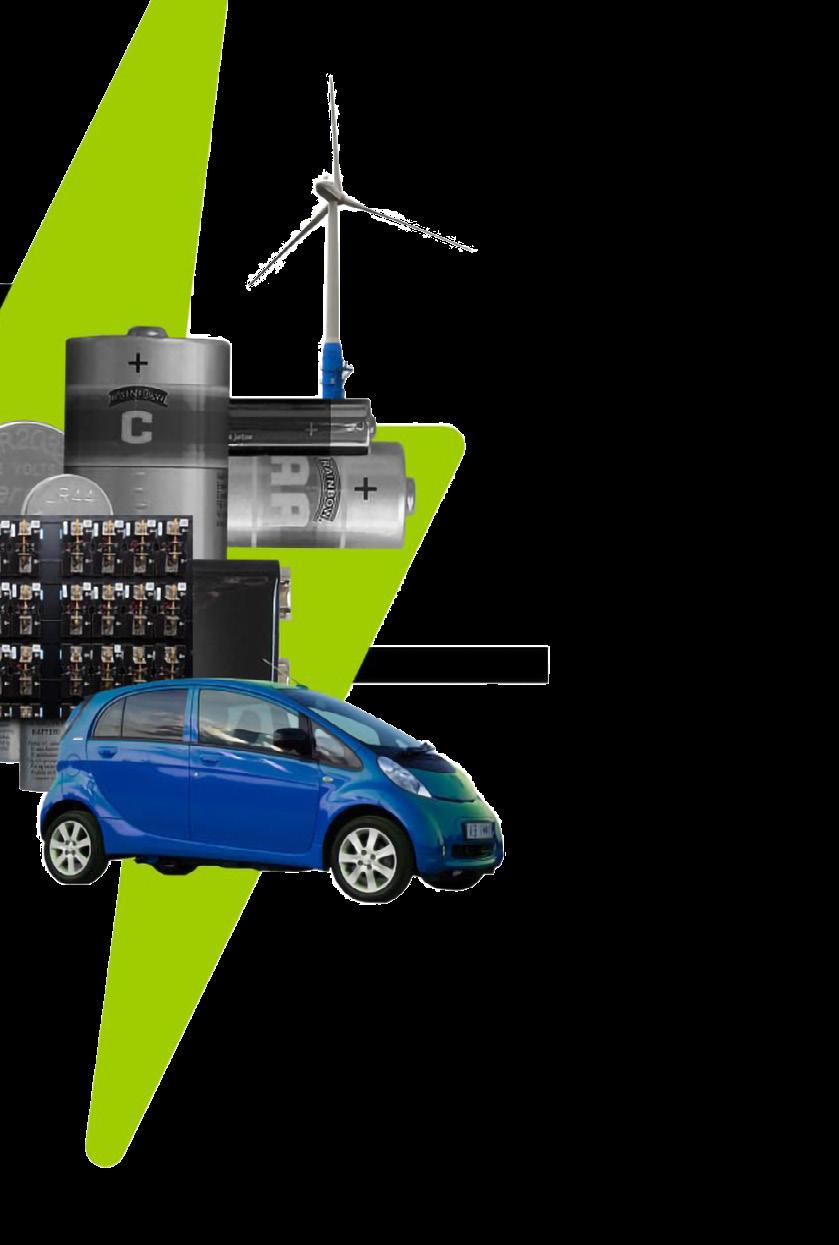

if we don’t drastically change and implement immediate large-scale global action to radically reduce GHG emissions.
To do so, we need to not only achieve net zero but actually go beyond it, to net positive. For this, modernisation and innovation breakthroughs need to happen, and businesses and technology will play a vital role in driving action.
The American technology giant, IBM brings together all the necessary technology and services, regardless of where those solutions come from, to help clients solve the most pressing business problems – sustainability, is just one of them. IBM has been a leader in the sector for decades, having pledged to achieve net zero by 2030 to cement its commitment to a better future, and further our decadeslong environmental work.
To do so, the firm aims to reduce greenhouse gas emissions to 65% by 2025 against the base year, 2010 and to procure 75% of the electricity that IBM consumes worldwide from renewable sources by 2025, and 90% by 2030. The business will also use feasible technologies, such as carbon capture (in or by 2030) to remove emissions in an amount which equals or exceeds the level of IBM's residual emissions.
Elisabeth Goos, EMEA Leader in Sustainability at IBM, discusses the various successes IBM has achieved, as well as how other businesses can follow suit.

ELISABETH GOOS EMEA LEADER IN SUSTAINABILITY SERVICES, IBM

“With the right data framework in place, companies can assess current sustainability and net zero goals, credibly estimate the ROI of sustainable initiatives, and manage compliance”


The all-in-one tool to engage employees in volunteering and sustainability action.

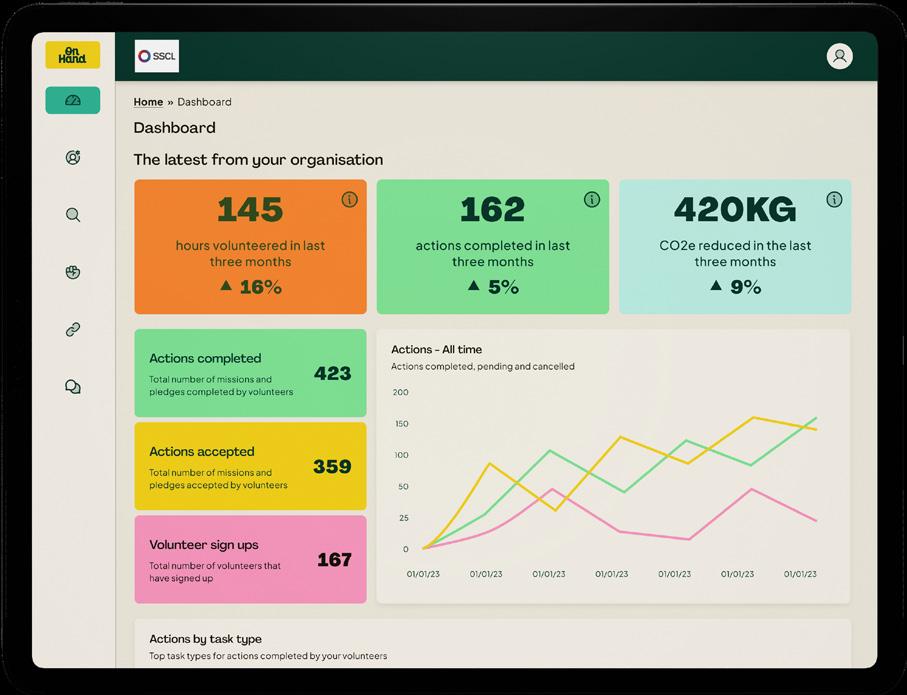

Find out more


reduce waste, while transitioning to net zero.
“During 2022, we implemented 519 energy conservation projects across more than 150 IBM locations globally, avoiding 71,000 MWh of energy consumption and 25,600 metric tonnes of CO₂ emissions, and saving US$9.5m,” Goos says. “Our efforts included strategic adjustments to lighting levels, temperature and other building systems to avoid unnecessary energy consumption. Most of our data centres now also incorporate hot and cold aisle containment.

more than 150 IBM locations globally, avoiding 71,000 MWh of energy consumption and 25,600 metric tonnes of CO₂ emissions”
GOOS
LEADER IN SUSTAINABILITY SERVICES, IBM


“In addition, we continue to execute projects aimed at enhancing the energy efficiency of both cooling and IT equipment, retrofitting lighting systems and optimising the operational efficiency of our building infrastructure and reducing water use, especially in water-stressed regions.”


IBM also supports clients in their net zero journeys, for example, through the IBM Garage for Sustainability, which provides a fast track to sustainable action. Clients are given a full assessment of the relevant regulatory frameworks helping them to achieve a clear regulatory and data heatmap for the organisation, within a matter of weeks.
Technologies, such as AI and generative AI, play a critical role to help augment and enhance large volumes of data to drive faster insights. In fact, the Garage method has enabled enterprises to generate 10x more innovative ideas, with 67% faster speed to outcomes, and 102% ROI.
What’s more, IBM constantly innovates to work closely with research teams and partners to increase the impact and scale of their solutions. For example, IBM and the Reef Company recently joined forces, signing a joint initiative agreement aimed at bolstering ocean conservation endeavours. The Reef Company is on a mission to build 2,500 engineered reefs, covering
TITLE: EMEA LEADER IN SUSTAINABILITY SERVICES



COMPANY: IBM
INDUSTRY: DIGITAL STRATEGY
LOCATION: GERMANY
According to Conundrum survey agree that ESG needs to be a higher priority in their organisation. Yet, getting there requires a major mindset shift –and a commitment to overcoming the barriers holding efforts back. We can narrow it down to three key areas:
• Bad intel: Inadequate data is the number one barrier executives to advance their ESG agenda. Data is needed to provide visibility into an organisation’s operations, letting leaders see where the business is succeeding – and where performance has fallen behind. ESG and net zero goals for the future lose their significance if they aren’t tied to current performance data.

• Standards: reporting provisions globally, each offering its own interpretation of sustainability and social responsibility, it can create confusion and challenges in assessing ESG from every angle.
• Stakeholder visibility: are being pressured from business partners, board members, investors and creditors to provide greater transparency around ESG initiatives. There is growing frustration that goals are not connected to credible action plans and clearer signs of progress.
What’s holding businesses back from achieving net zero targets?
“We have solutions such as Envizi and Environmental Intelligence Suite (EIS) which increase transparency and reduce the cost, time and burden of reporting with a single system of record so clients can focus on delivering ESG strategic outcomes. They integrate and automate quality ESG data into daily workflows with speed, delivering true insights in a verifiable and auditable way.”
To achieve net zero goals, businesses can take a number of different approaches, but Goos advises that the first step should be looking beyond reporting being a compliance and reporting requirement. Business leaders that can handle the data will be able to drive engagement, inspire innovation, improve operations and unify ecosystem partners around shared strategic goals.
For example, integrating emissions data into core operational or enterprise asset management systems can help leaders reduce the company’s carbon footprint. “Sharing transparent insights with others can help organisations strengthen relationships as well,” Goos says. “With the right data framework in place, companies can assess current sustainability and net zero goals, credibly estimate the ROI of sustainable initiatives, and manage compliance – even when reporting requirements shift. Having a clear line of sight into core operations is a lot more valuable than simply checking off compliance boxes.”
Another vital aspect to achieving net zero is the collaboration with partners. In fact, more than half (60%) of leading


organisations have successfully integrated their sustainability initiatives with their partner ecosystem, recognising the significance of ESG data within a platform-enabled loop. This circular approach serves as a solid foundation for ongoing performance enhancement and transformative outcomes.

And once again, technology plays a vital role in this journey. Leaders in the net zero charge are embracing the opportunities for scaling, accelerating, and augmenting ESG. Through comprehensive programmes, collaborations and technological advancements, IBM empowers both its clients and itself to reduce waste, enhance efficiency and drive transformative outcomes on the path to net zero.
By integrating sustainability into operations and culture, leveraging technologies and fostering collaboration with partners, businesses can make significant progress towards their net zero goals and contribute to a more sustainable and resilient future for all.
ELISABETH GOOS EMEA LEADER IN SUSTAINABILITY SERVICES, IBMOur end-to-end capabilities embed sustainability into an organisation’s operations and culture across key practice areas: ESG reporting and finance, climate risk assessment and adaptation, decarbonisation and clean energy transition”
Jason Mann, Vice President of IoT at SAS discusses how data is revolutionising cities across the globe by enforcing traffic management to reduce emissions

 WRITTEN BY: LUCY BUCHHOLZ
WRITTEN BY: LUCY BUCHHOLZ


Over the past 20 years, the city of Istanbul in Turkey has doubled in size – making it twice as big as New York City, US. This rapid population growth has led to an increase in traffic in the city, and consequently, generated a great deal more data, too.
To accommodate this, statistical software suite SAS worked with the Istanbul Metropolitan Municipality (IMM), to leverage data analytics to build models of traffic patterns in the city. Jason Mann, Vice President of IoT at SAS, explains how data analytics is being used to improve the sustainability credentials of cities across the globe and why SAS’s model can be applied to other growing cities.

The city of Istanbul used to have rush hours between 8-11AM every morning and 8-9PM every evening, according to the Head of the Transportation Center at Istanbul Ticaret University. However, like with many major cities, these periods grew longer and larger. This means that traffic is worsening, causing citizens to drive slower for longer, burning more fuel, releasing a greater volume of emissions, and leading to more drivers breathing polluted air for longer.
As a global leader in advanced analytics, SAS provides organisations in a host of industries with complete choice and control when analysing large sets of data – such as a city’s transportation data – through SAS® Viya, the business’s cloudnative AI platform.

Additionally, SAS Viya provides flexible and scalable power quickly and

intelligently, by providing insights that enable better strategy and operational excellence – improving traffic patterns for citizen safety, reducing emissions, streamlining energy costs and preventing flooding.
By using a network of connected devices and SAS Viya, IMM is able to see when and where traffic is peaking in the city. More importantly, analytics help transportation leaders predict and act on changes in traffic before they occur. With this information at hand, IMM can forecast and manage the



city’s traffic challenges using congestion alerts, warning citizens of delays and surges before they find themselves trapped in gridlock.
“We are fortunate to work with the IMM, the local government for the city and surrounding districts,” Mann says. “Using SAS Viya and SAS Event Stream Processing’s advanced analytics, IMM’s team of city planners and engineers have built models of traffic patterns in Istanbul that help them better understand, predict, forecast and manage traffic flow in real-time.

What if resiliency isn’t about withstanding today but envisioning tomorrow?

“By predicting the best routes to alleviate traffic congestion, the municipal government is reducing the volume of cars and trucks idling on roadways and shortening travel time for those already on the road, both of which contribute to increased emissions.



“For bus routes and other public transportation, insights from this newly available traffic and passenger data also improves services, route availability and rider satisfaction, which increases the likelihood that people use these greener modes of transportation. In all cases, locals are better informed on the best routes for their travels, leading to less time on the road and fewer emissions overall.”

JASON MANN VICE PRESIDENT OF IOT, SAS
“Locals are better informed on the best routes for their travels, leading to less time on the road and fewer emissions overall”





The use of advanced analytics enables IMM to ensure that drivers and riders are on the most efficient and green routes to their destinations – despite the consistent “rush” each hour. This poses a significant step towards a smarter and more sustainable city. What’s more, IMM’s data strategy has taken raw, unprocessed data at an immense scale and made it consumable, not just by analysts, but by its own citizens for their benefit. According to Mann, a commuter can “hold the entirety of Istanbul’s traffic patterns in the palm of their hand” as they walk out their front door and around the city, enabling them to feel confident and well-informed about their government’s transportation system.


JASON MANN VICE PRESIDENT OF IOT, SAS
“The use of advanced analytics enables IMM to ensure that drivers and riders are on the most efficient and green routes to their destination”
A study conducted as part of the Transportation, Equity, Climate and Health project (TRECH), a multi-university research initiative, revealed that vehicle emissions in the Northeast and Mid-Atlantic regions of the US led to an estimated 7,100 deaths. The detrimental effects of pollution from tailpipe emissions extend beyond city and state boundaries, affecting the health of people residing in downwind areas. The Environmental Protection Agency (EPA) attributes 45% of air pollution to the transportation sector. Highlighting the seriousness of traffic pollution, 2021 research by Harvard University emphasised that vehicle emissions have significant health impacts in all states and implementing local measures can bring about substantial health benefits.



Although the city of Istanbul has seemingly found a solution to combating the impact of air pollution, other cities around the world have not – and it’s a pressing matter that plagues many areas of the globe.
Mann calls for municipal, local and state governments from countries with major metropolitan areas to employ better data analytics to track traffic. By doing so, counties will not only be able to decrease emissions, but enhance citizen safety, too.
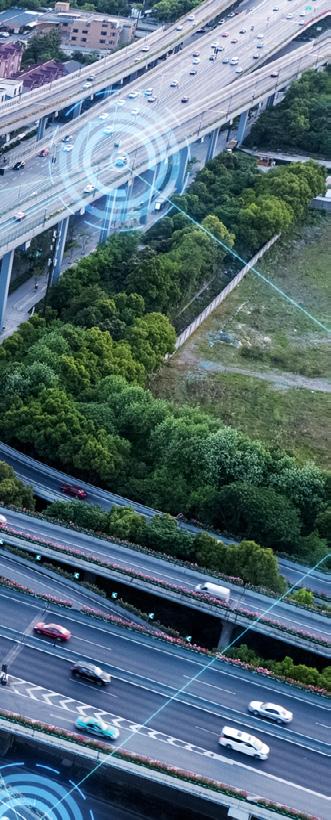
For the IMM strategy to be replicated, governments first need to determine and understand the data they already have. From here, they can assess how it is being analysed, while also asking whether it is being used to forecast traffic, emissions and other key factors.
“An initial step is to work with technology firms and consultants to implement a pilot programme. Start small and scale up” Mann explains. “Using an initial pilot programme to apply IoT analytics is an approach used across industries.

“In manufacturing, for example, Austriabased Wienerberger Group – the world’s largest brickmaker – was searching for ways to reduce energy consumption while lowering greenhouse emissions and improving product quality. Wienerberger turned to AI and IoT analytics from SAS, running SAS Viya on Microsoft Azure Cloud, to help optimise energy costs and achieve its ambitious sustainability goals. By 2023, the company aims to reduce emissions by 15% compared to 2020 and be completely climate-neutral by 2050.”
What’s more, SAS’s analytics has helped other countries around the
“IMM’s team of city planners and engineers have built models of traffic patterns in Istanbul that help them better understand, predict, forecast and manage traffic flow in real-time”
JASON MANN VICE PRESIDENT OF IOT, SAS






JASON MANN VICE PRESIDENT OF IOT, SAS
“Using SAS Analytics for IoT, Jakarta’s city government has created a dataand AI-powered flood control system similar to Istanbul’s approach to traffic congestion”
world, including the city of Jakarta, Indonesia. AI, machine learning and realtime data streaming have led to major improvements in disaster awareness, particularly important as the city has 13 major rivers and 40% of its area is below sea level, leading to a long history of flooding. Climate change has had a major impact on these rivers, causing flooding to worsen in recent years.
“Using SAS Analytics for IoT, Jakarta’s city government has created a dataand AI-powered flood control system similar to Istanbul’s approach to traffic congestion,” Mann explains. “Jakarta has aggregated data from sensors and weather forecasting across the city into intelligent models, which can predict water levels around high-risk areas. City officials can send push notifications to residents’ phones, close floodgates and prepare the city as much as six hours in advance of emergency flooding. Jakarta’s smart models not only prevent potential damage to the city but protect the lives of citizens living in flood-prone zones.”
Cary, North Carolina, is another example of how analytics has helped a government regain control of a city after the population has tripled in size over the last 25 years. Cary, therefore, saw an influx of residents, which led to a boom in new housing, shopping centres and businesses. Mann explains that now, the town has a team dedicated to using “cutting-edge technology” to benefit the community, including IoT analytics to safeguard against flooding events.
Many more communities can emulate Istanbul, Jakarta and Cary by using data and analytics to drive better and faster decisions that support sustainability and smart-city goals.




THE TOP 100 COMPANIES IN SUSTAINABILITY READ NOW






